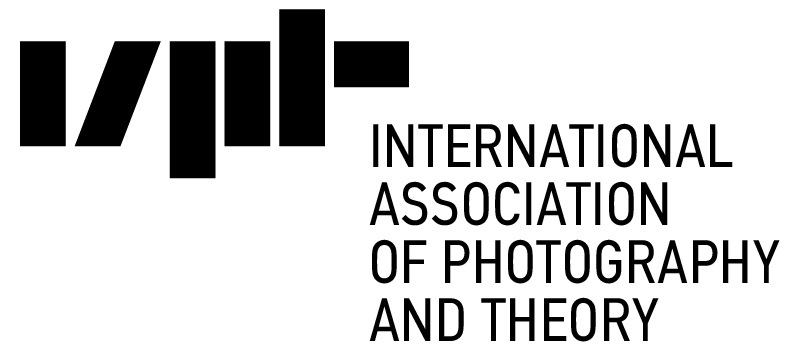
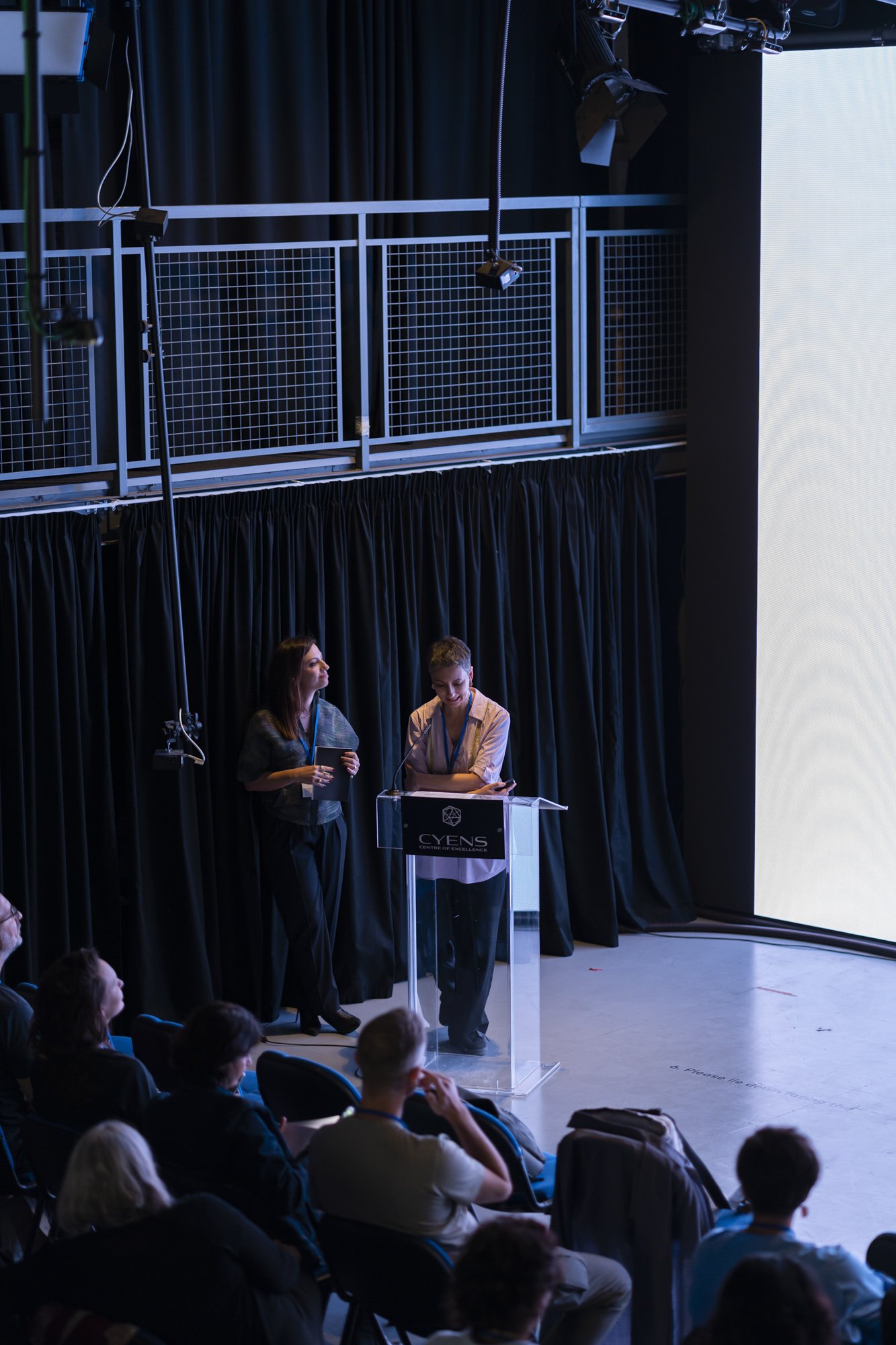
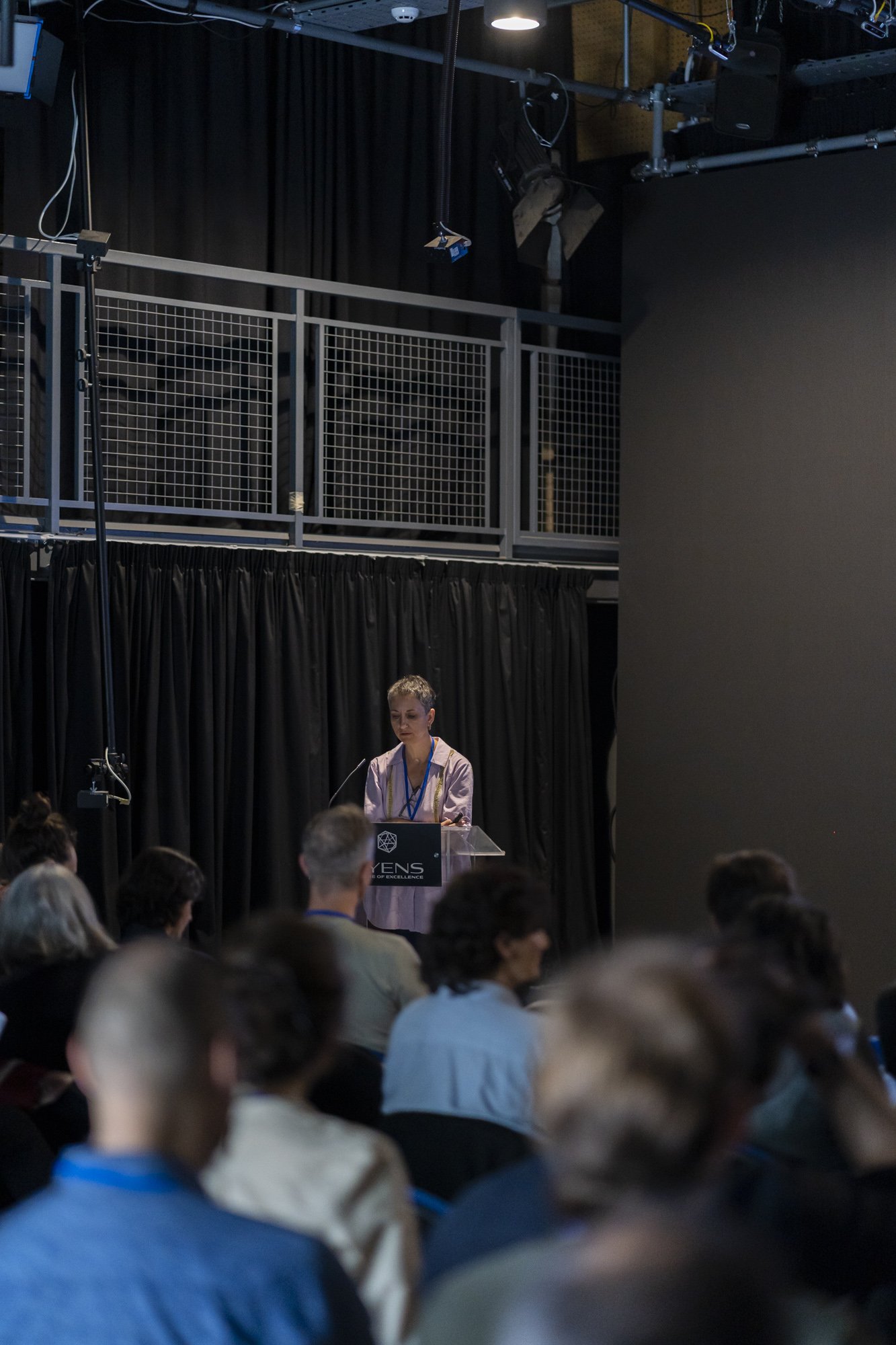
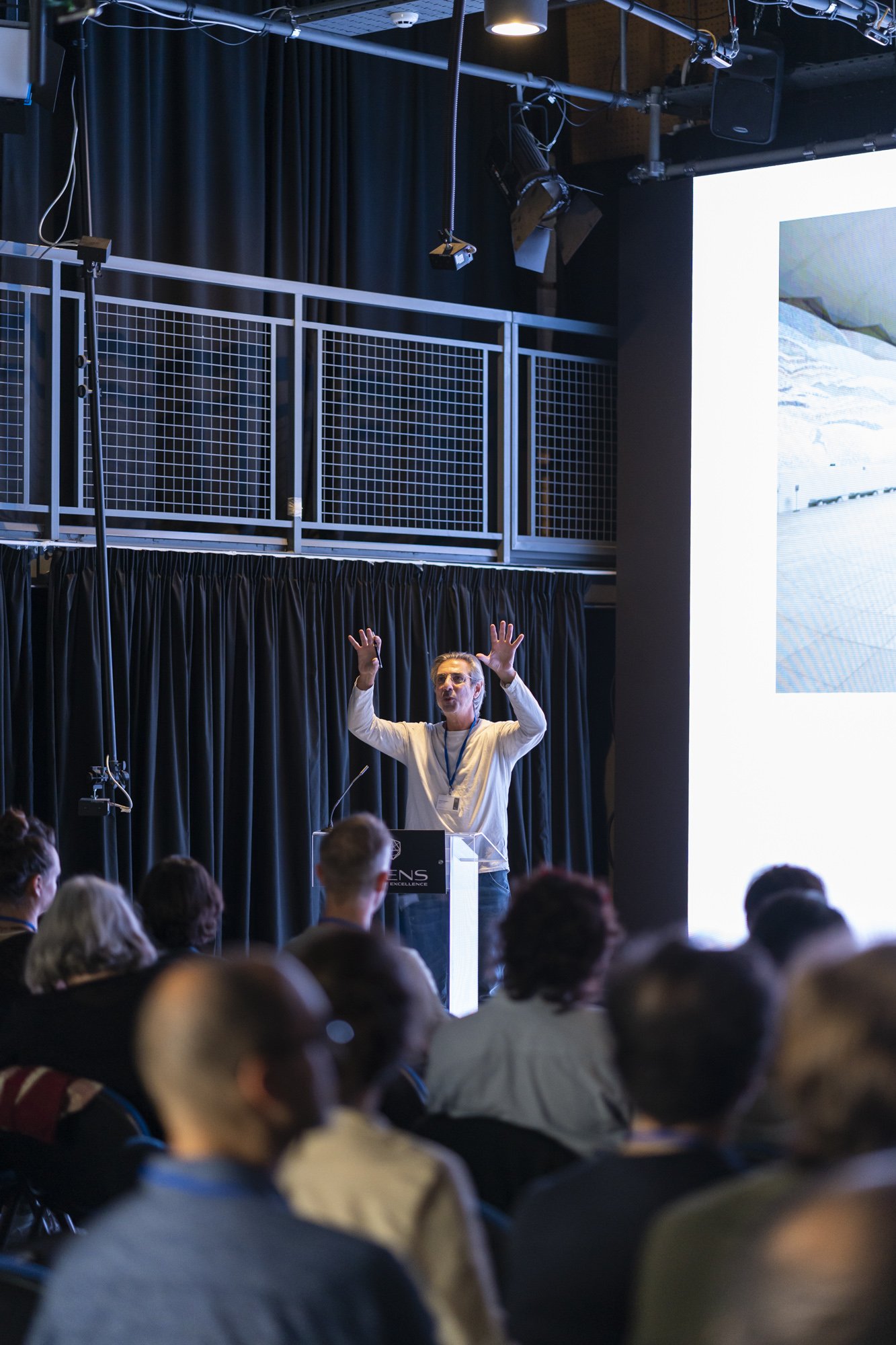
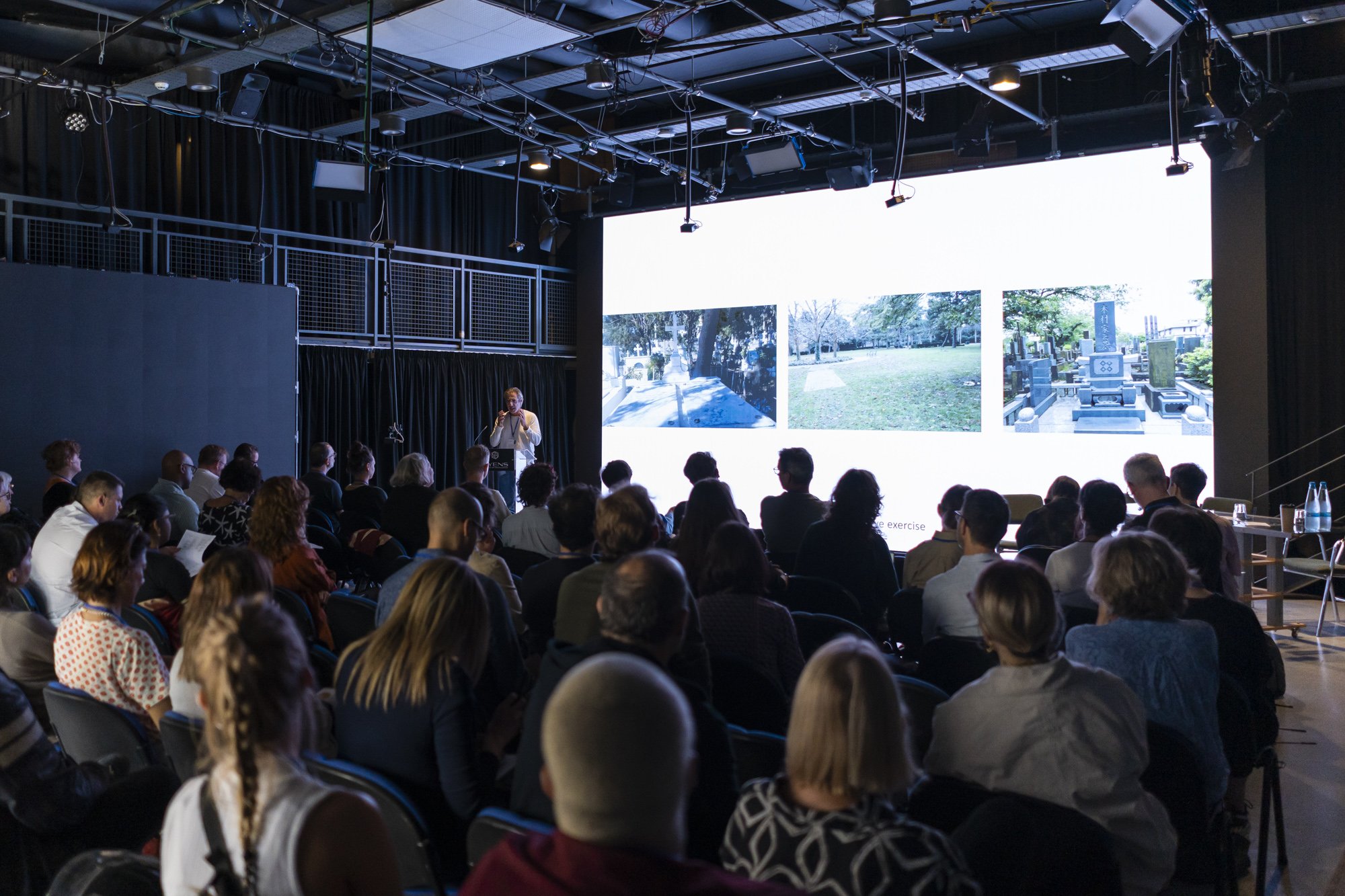
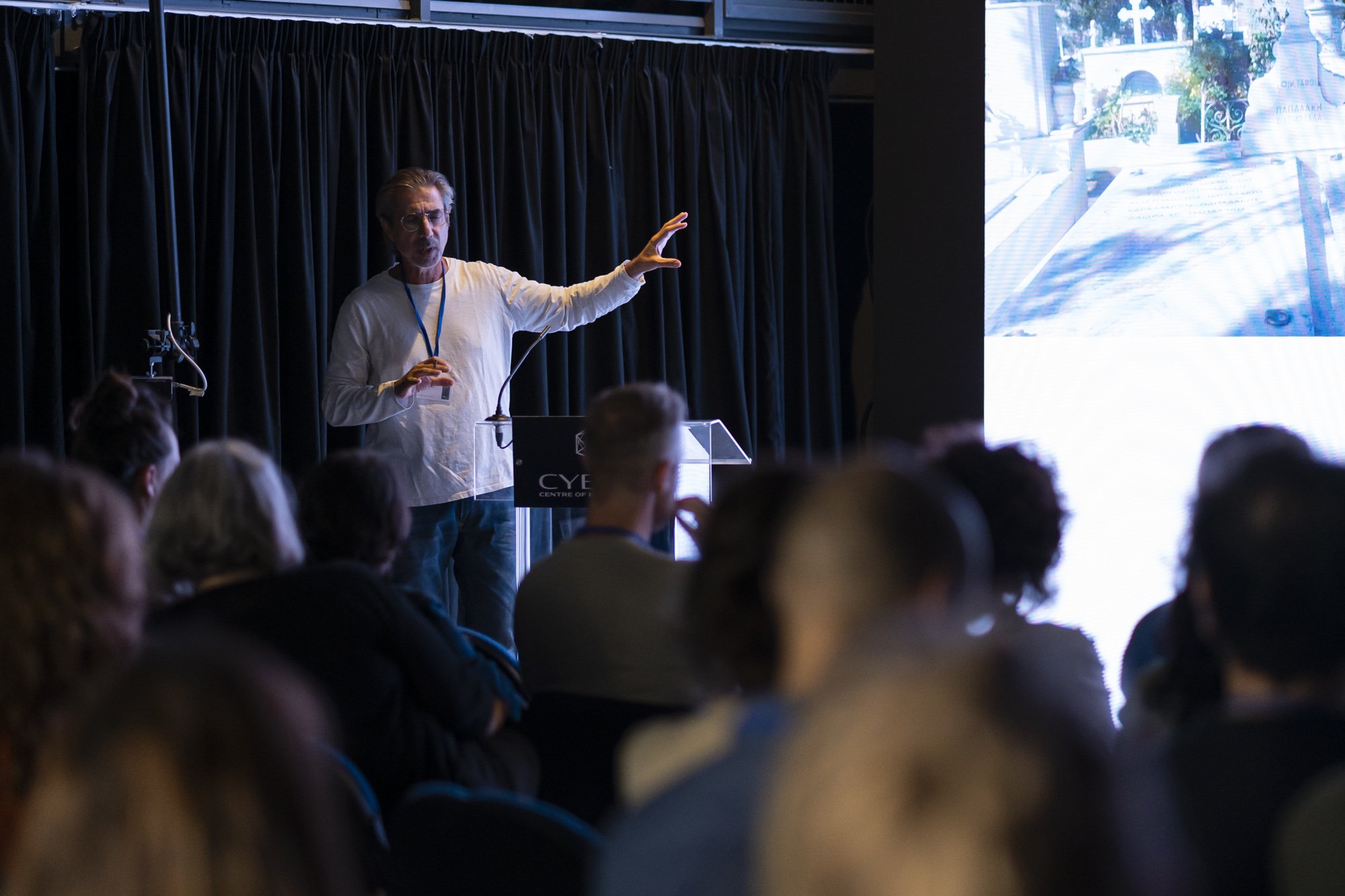
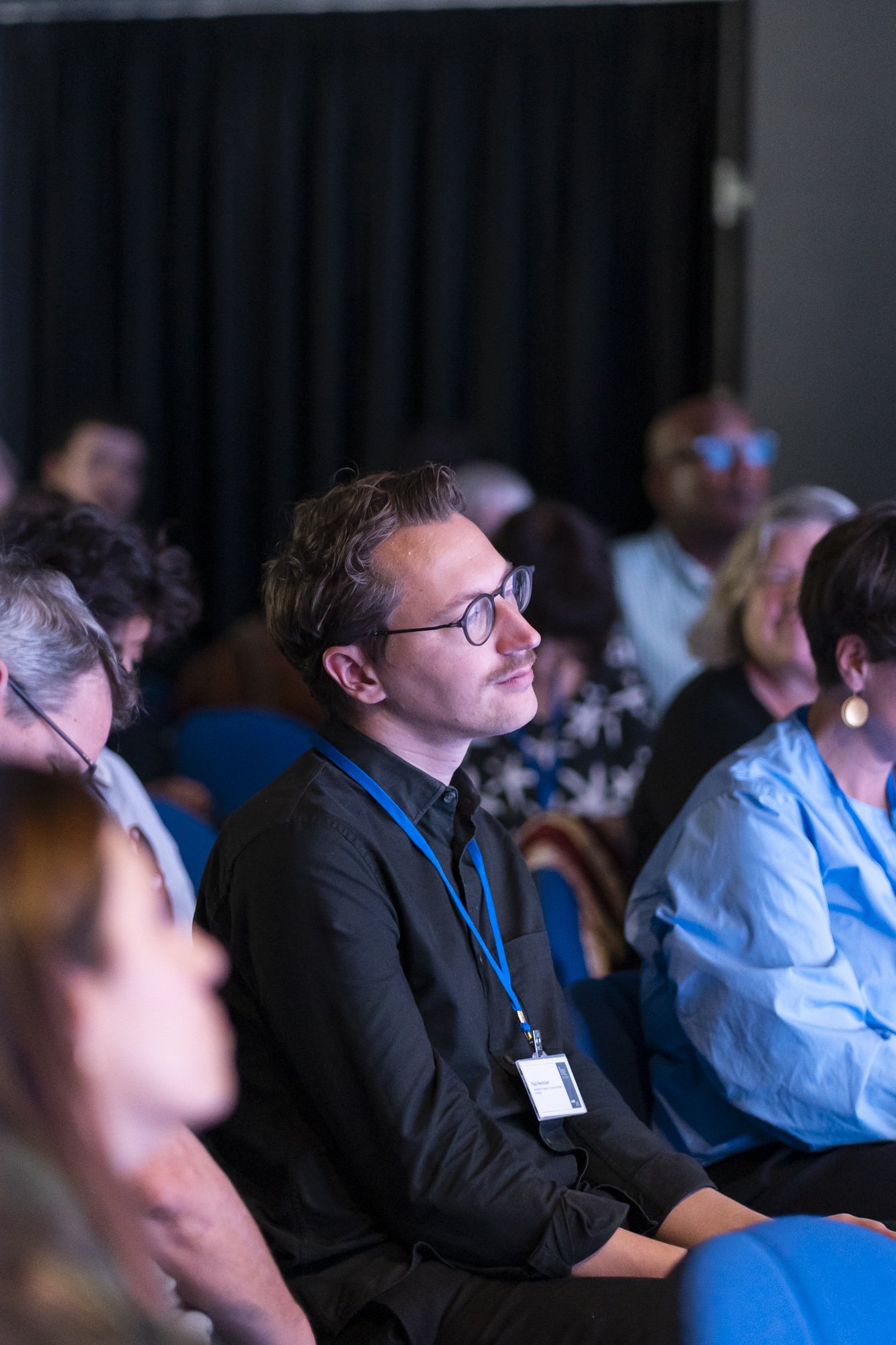
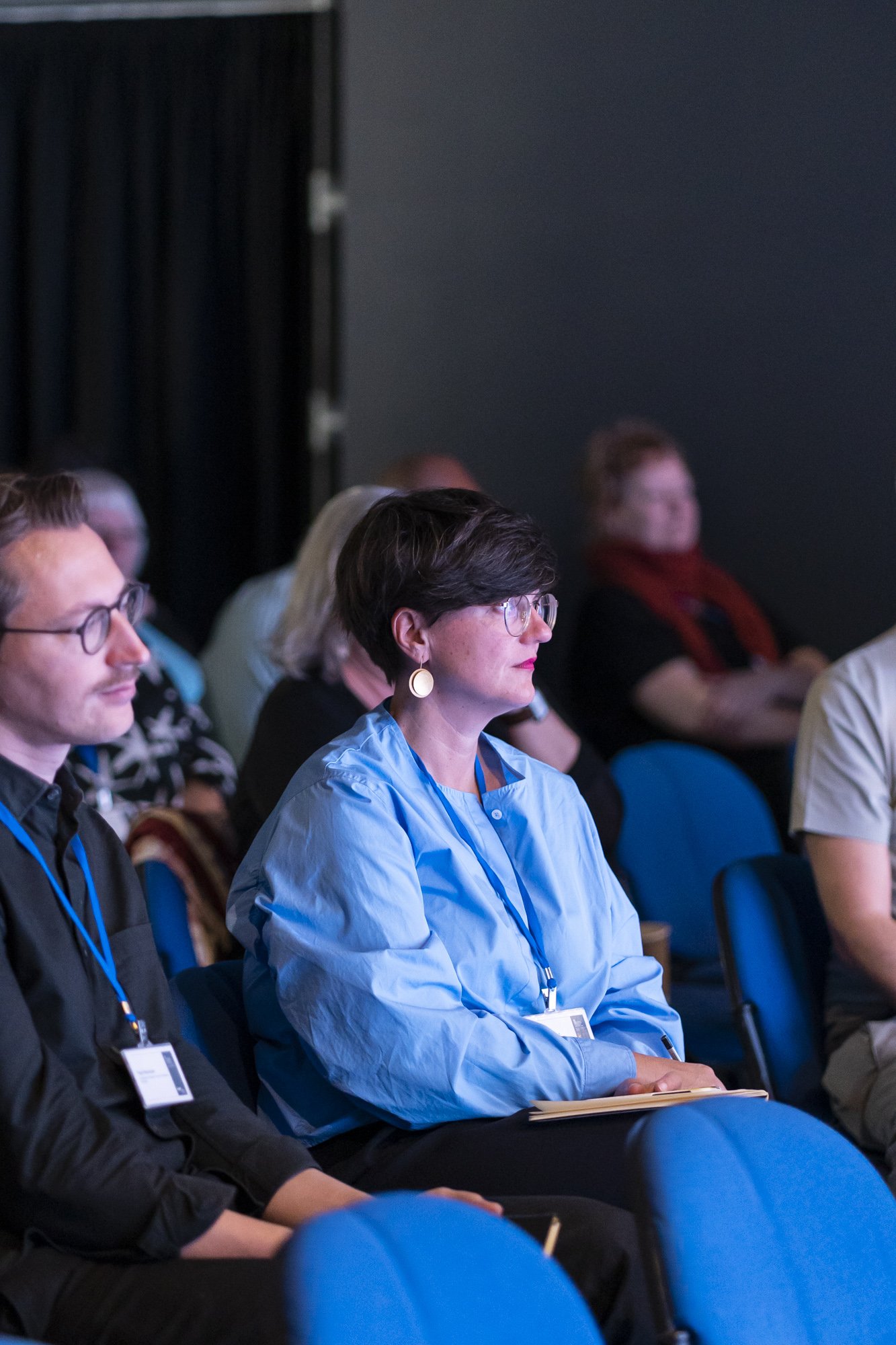
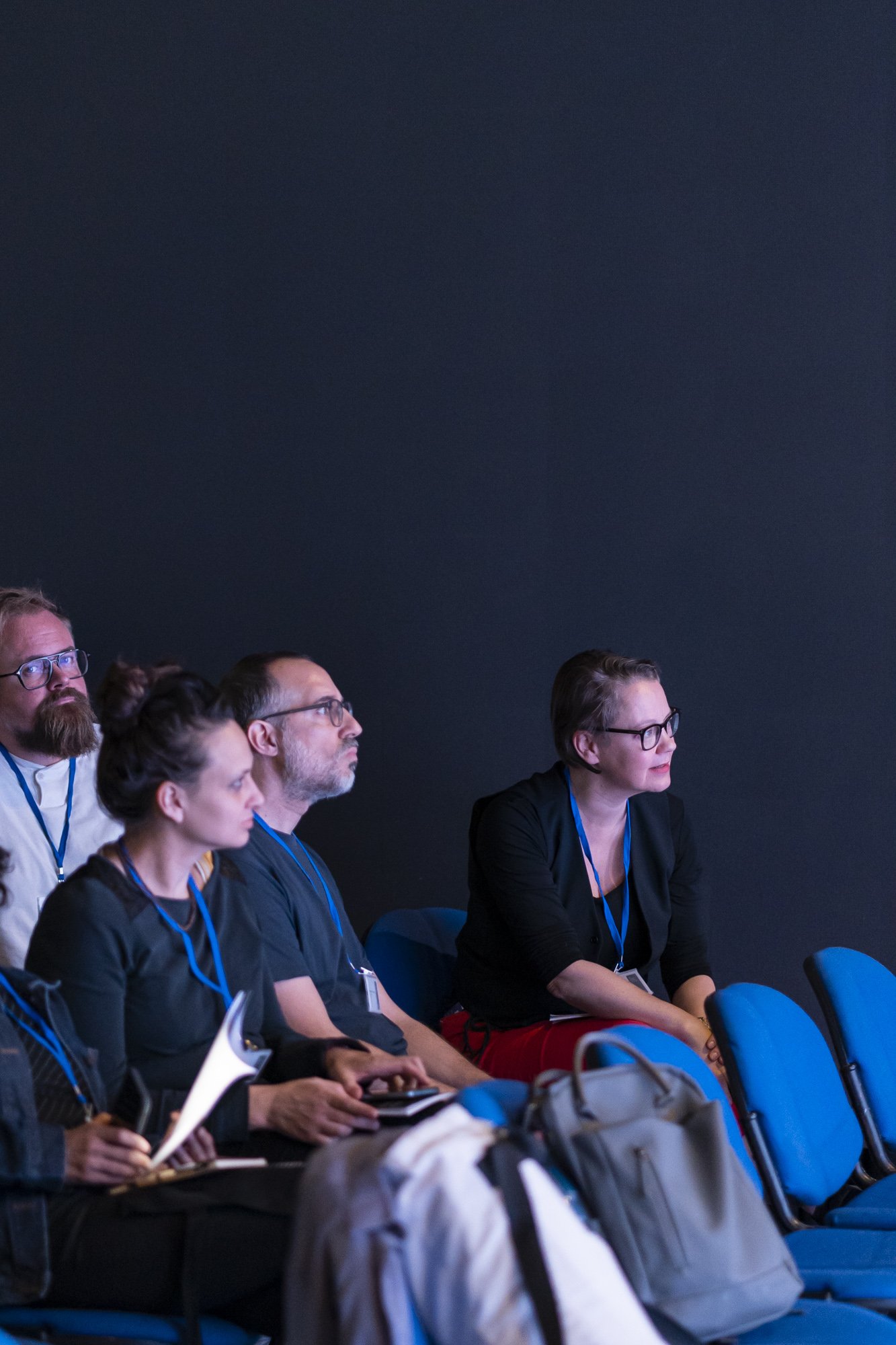
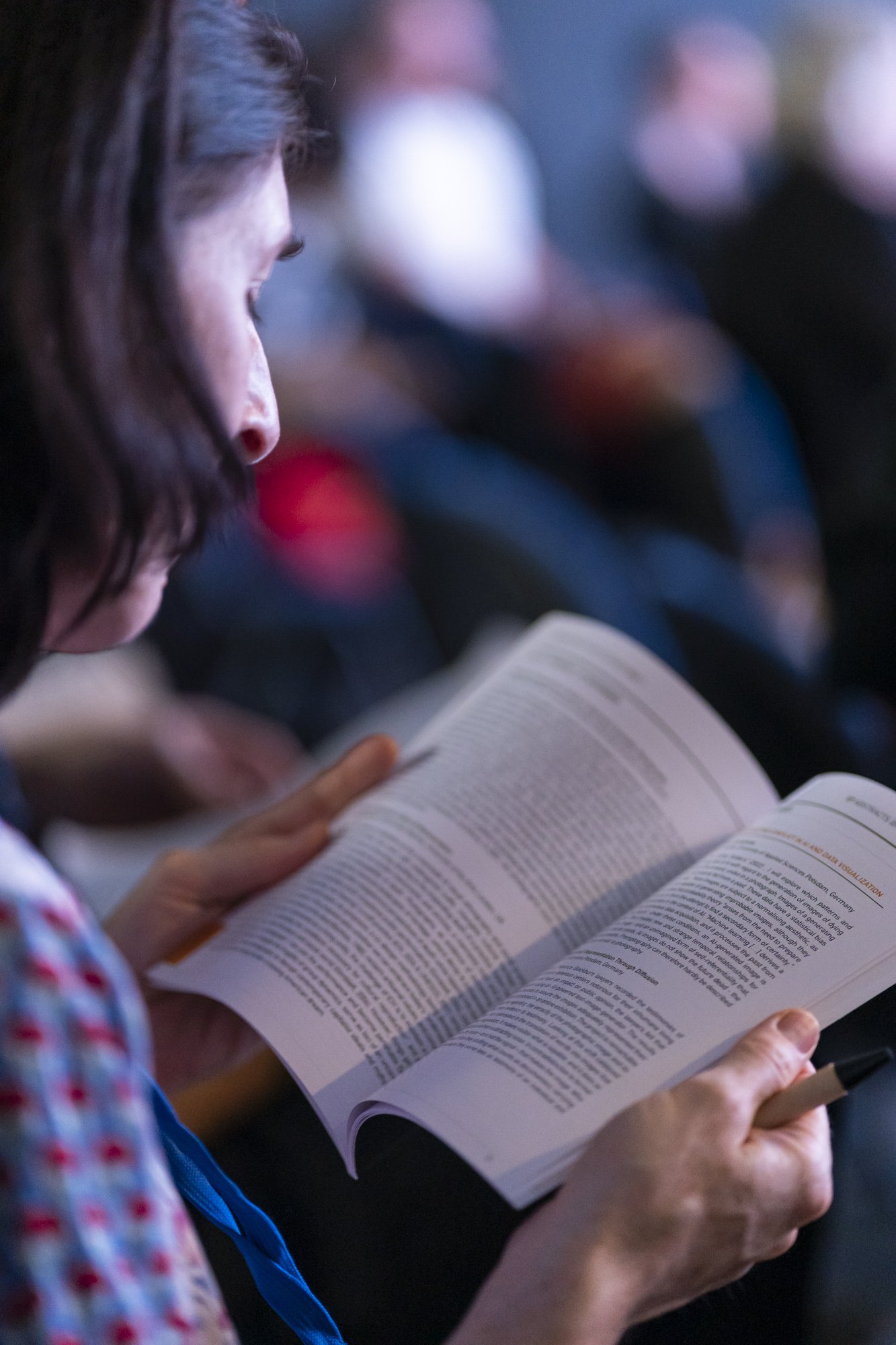
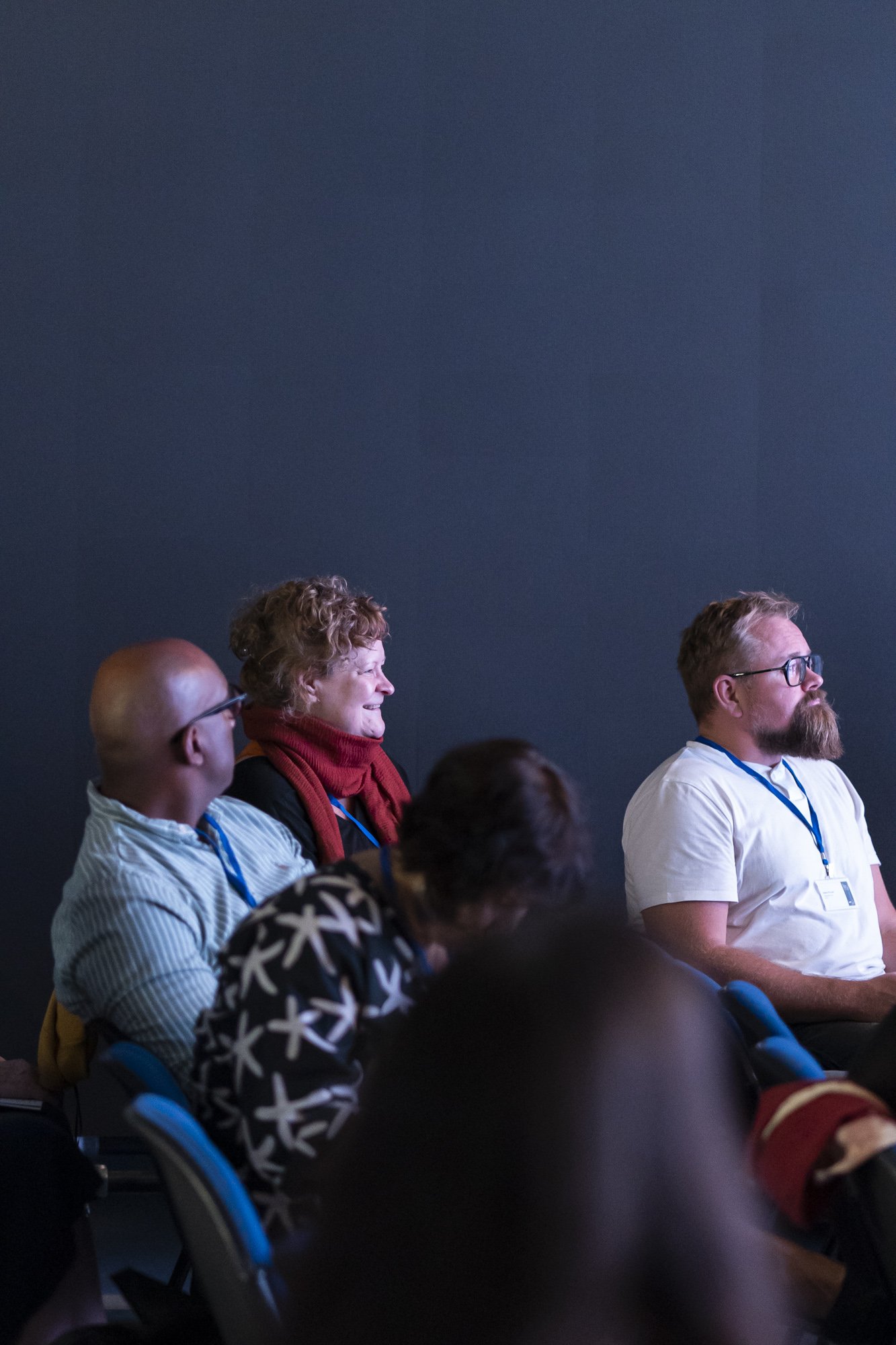
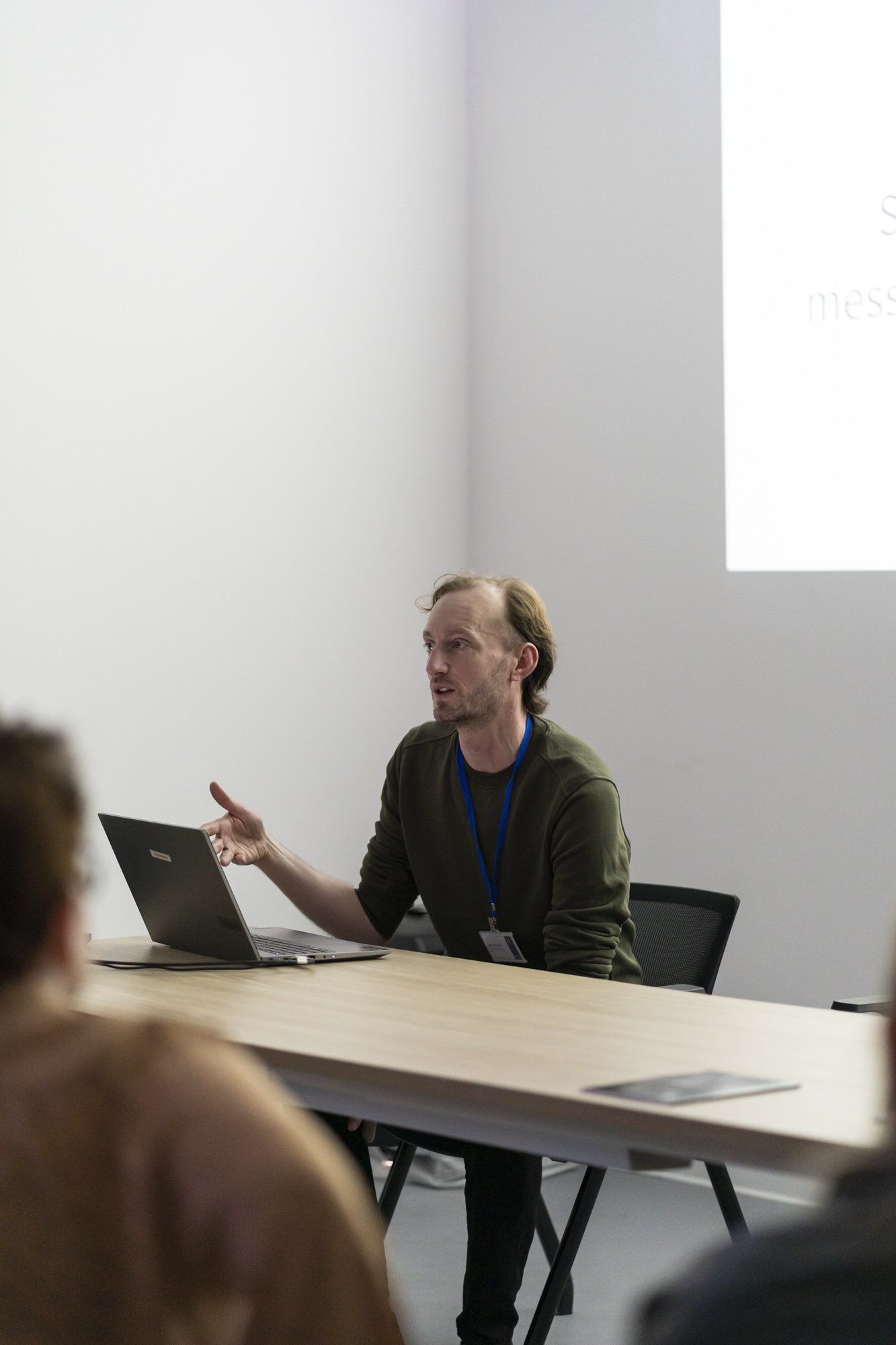
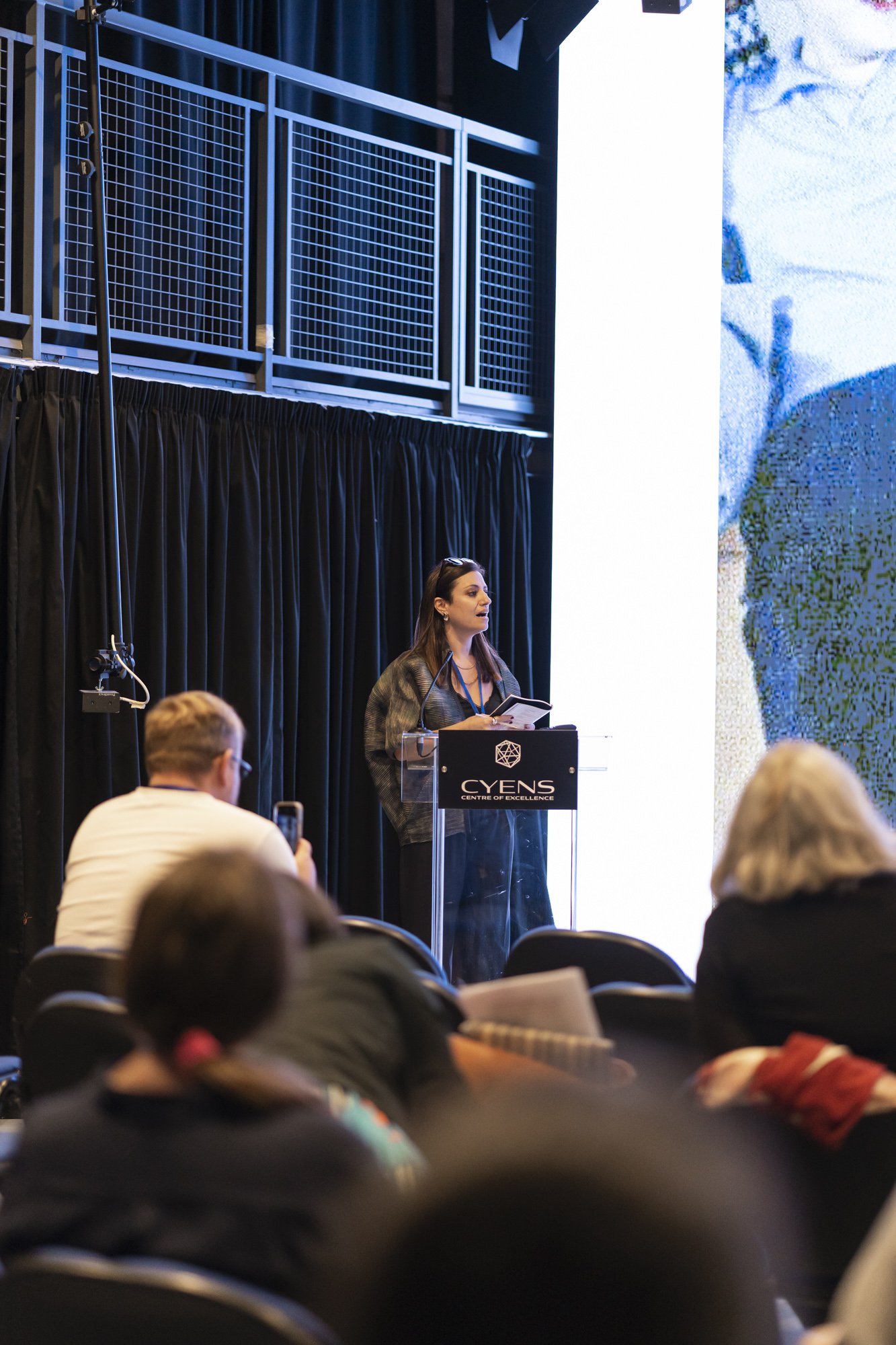
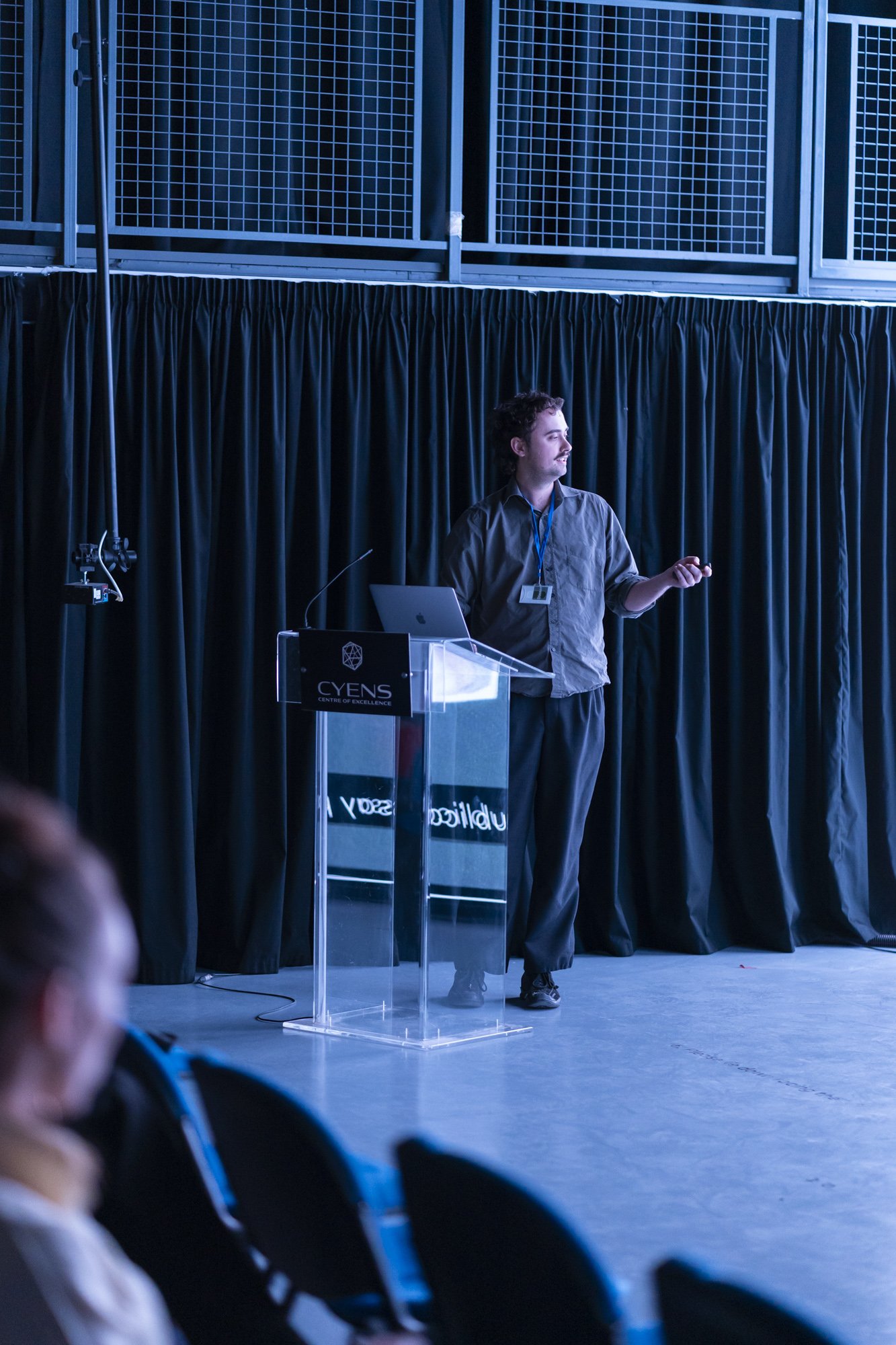
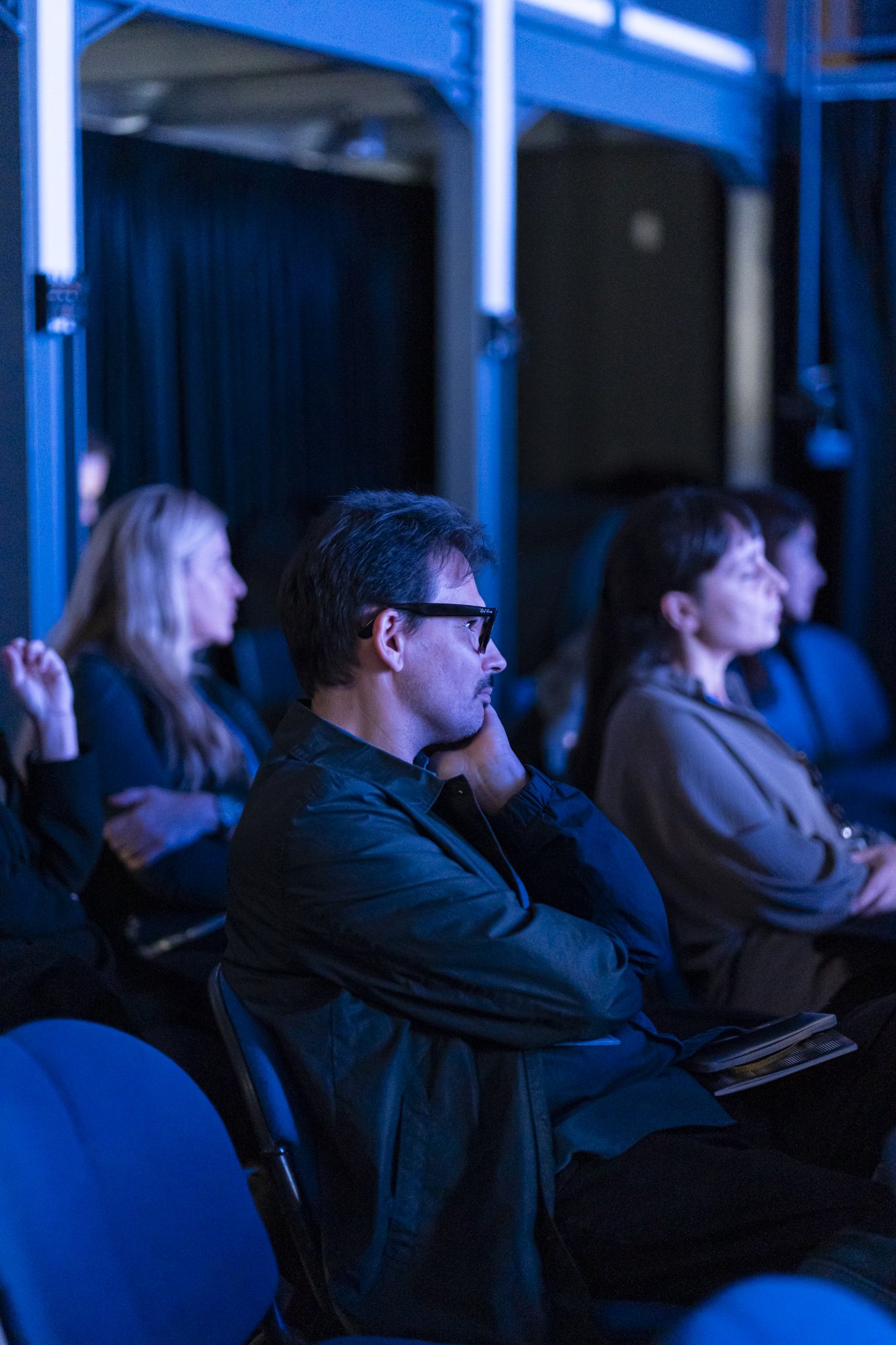
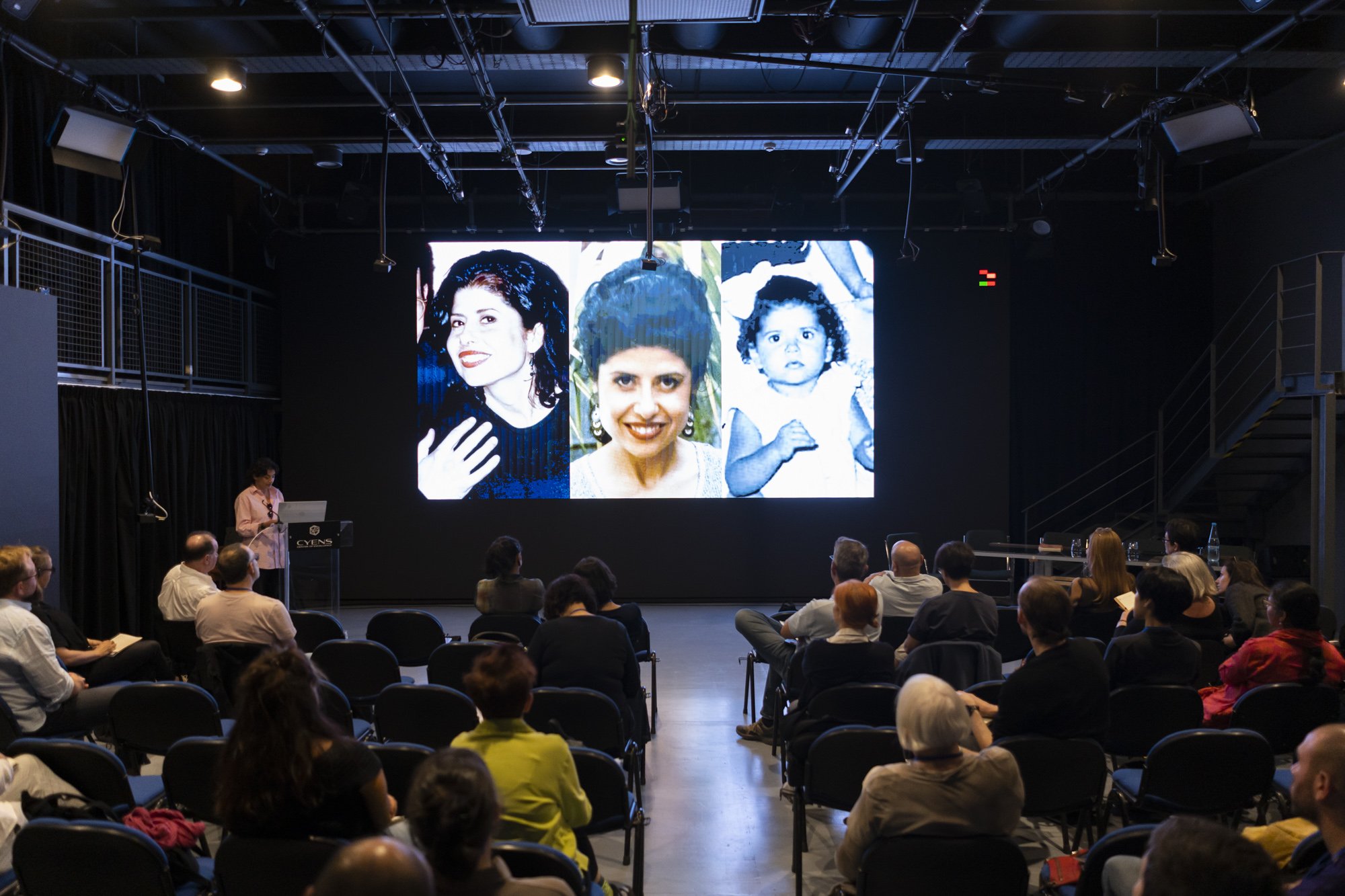
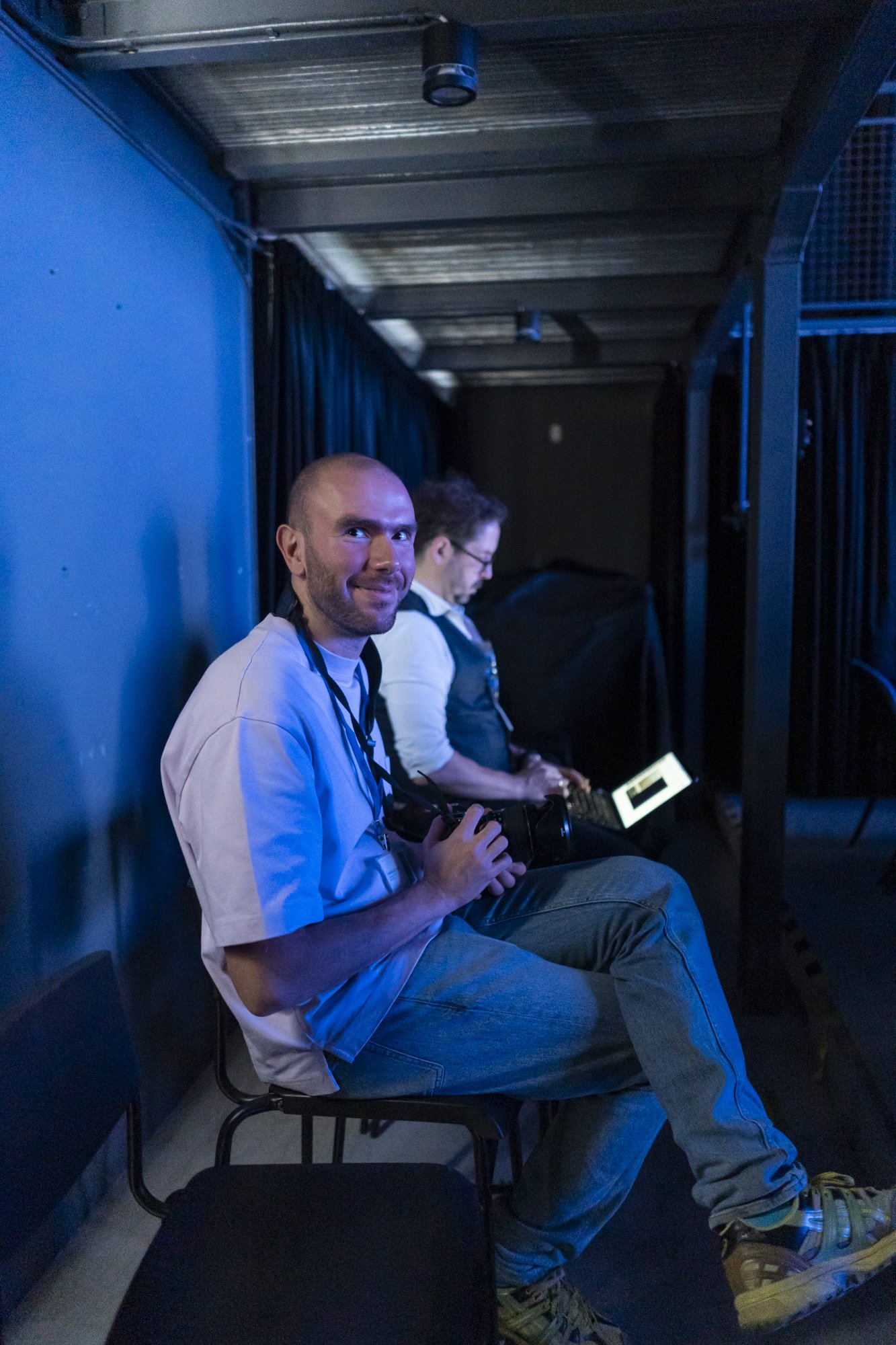
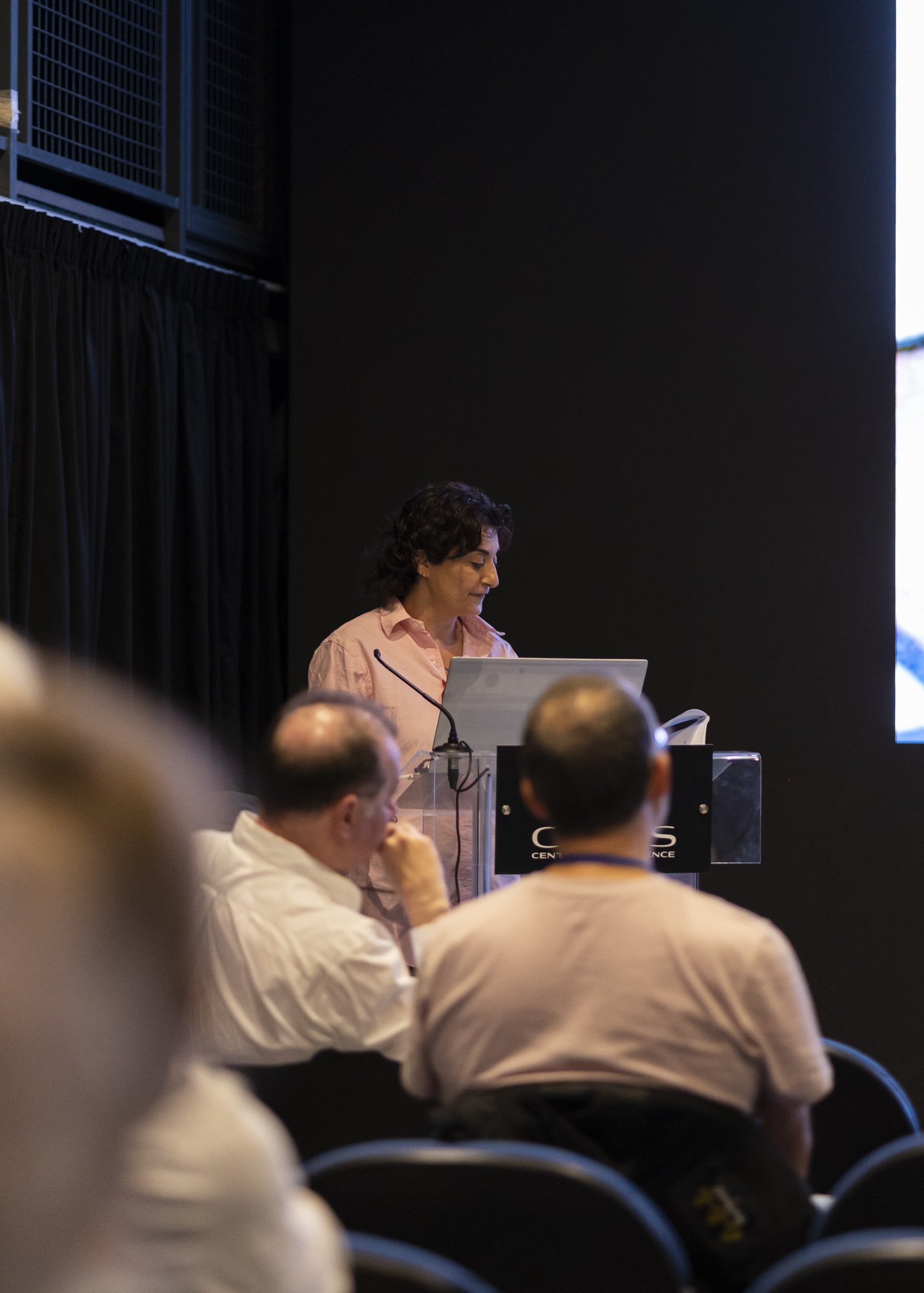
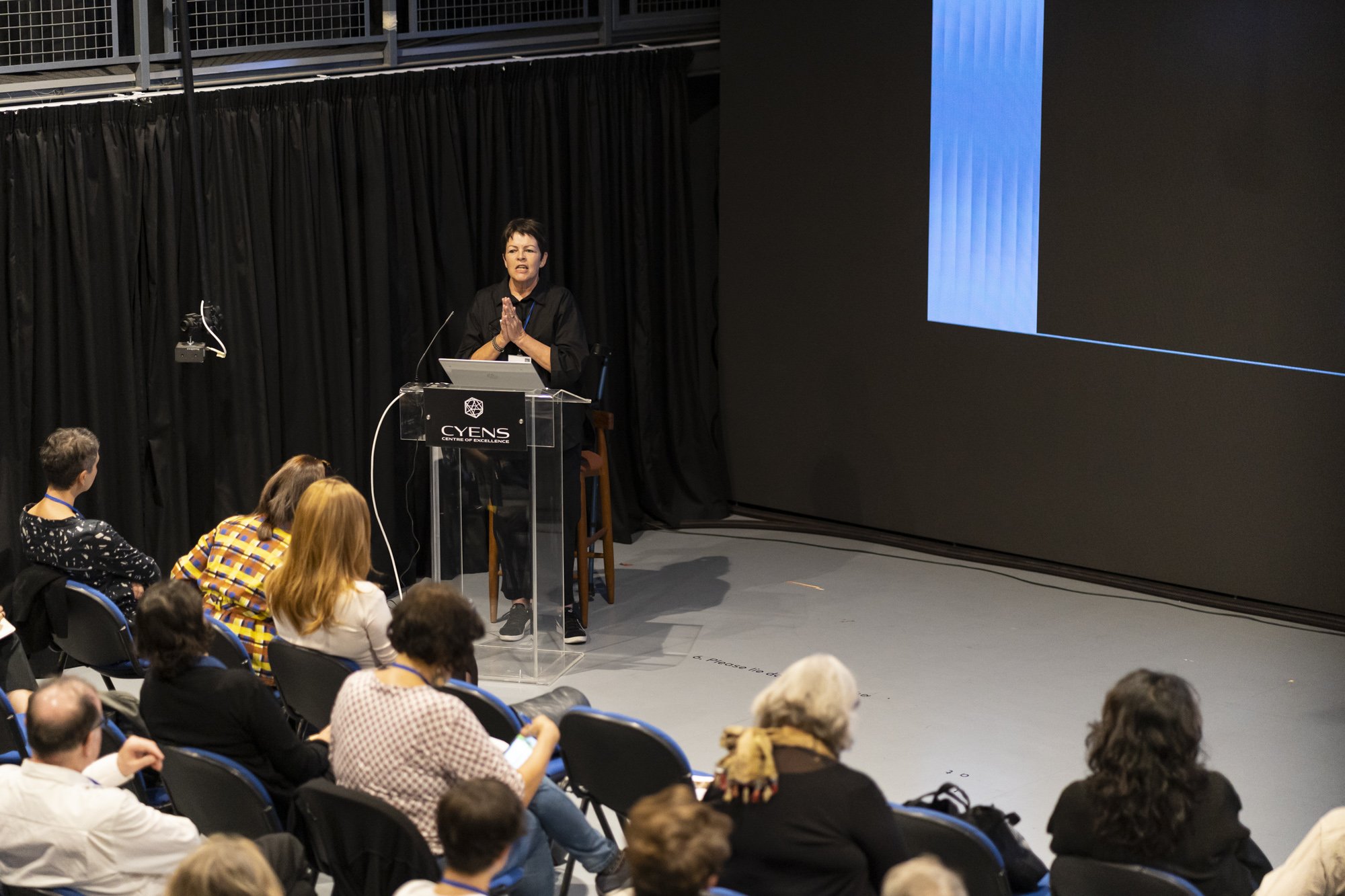
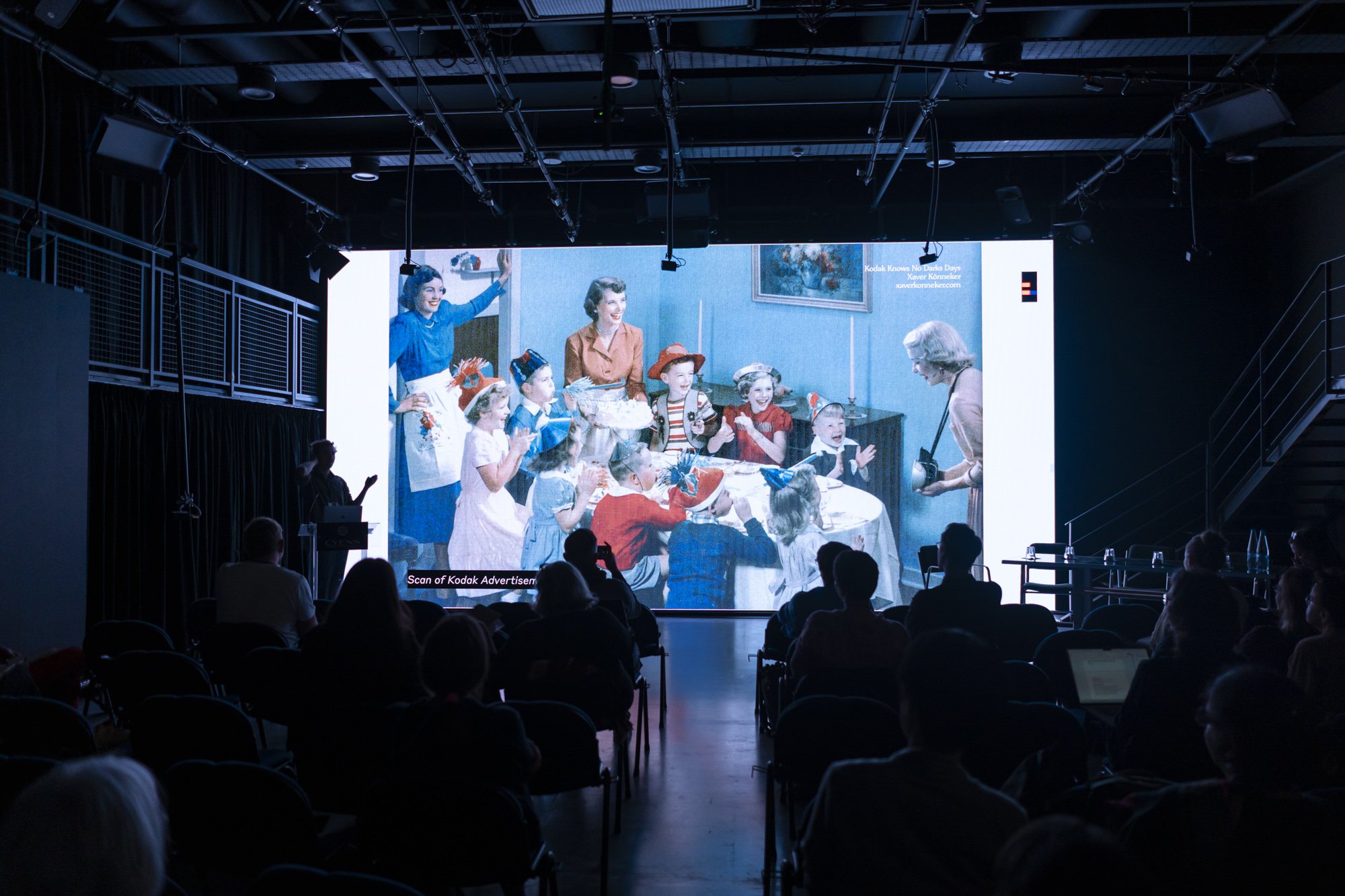
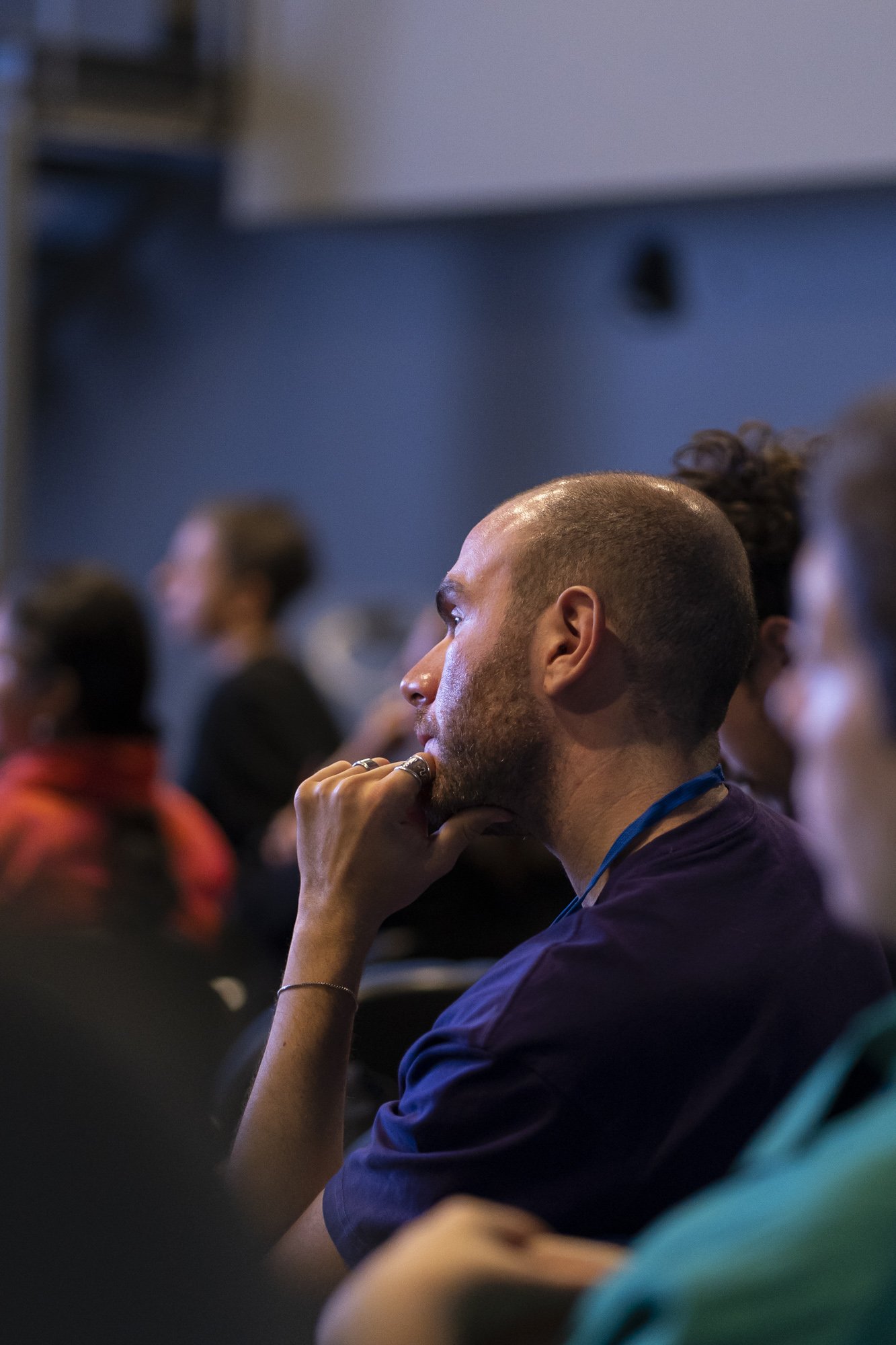
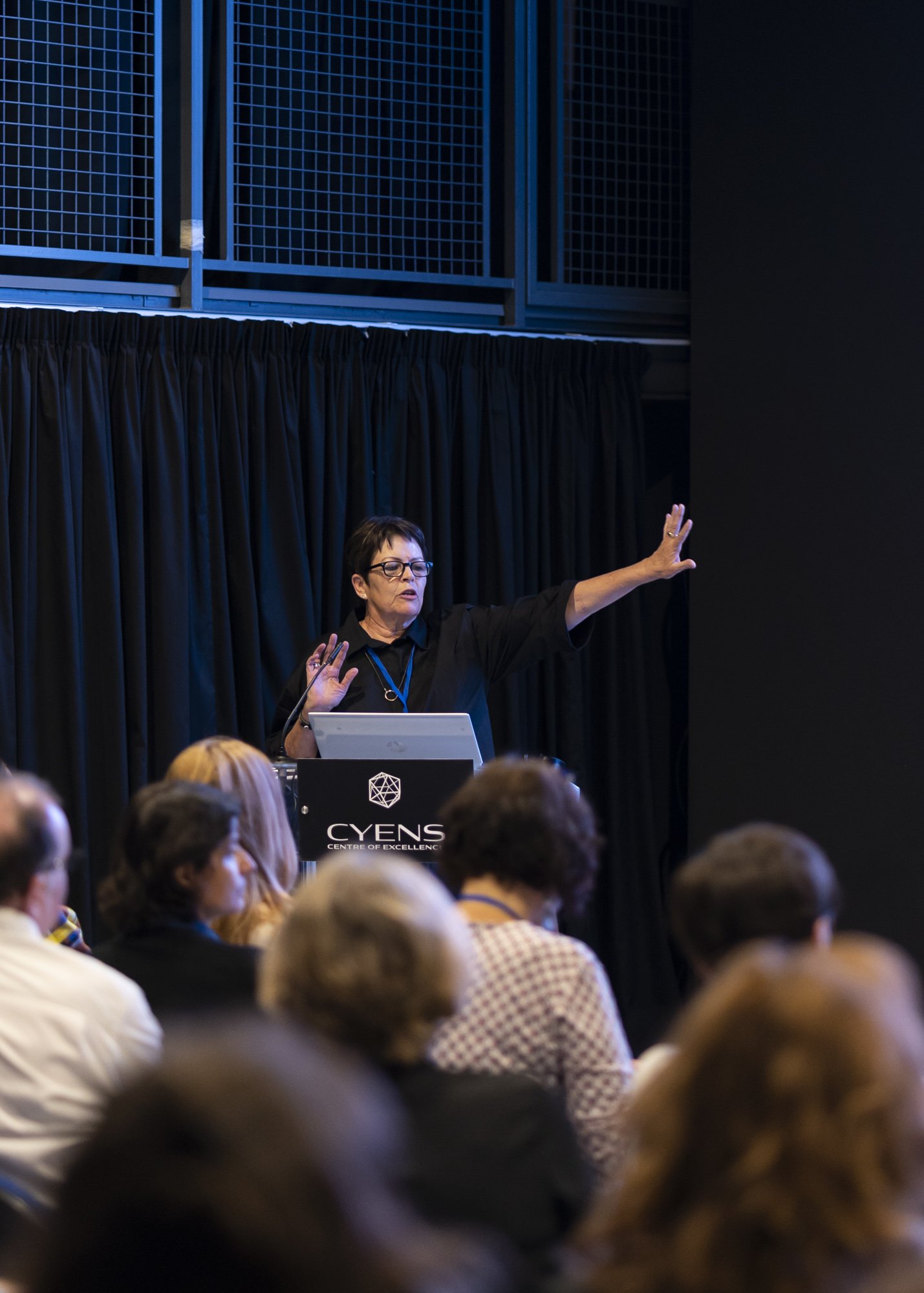
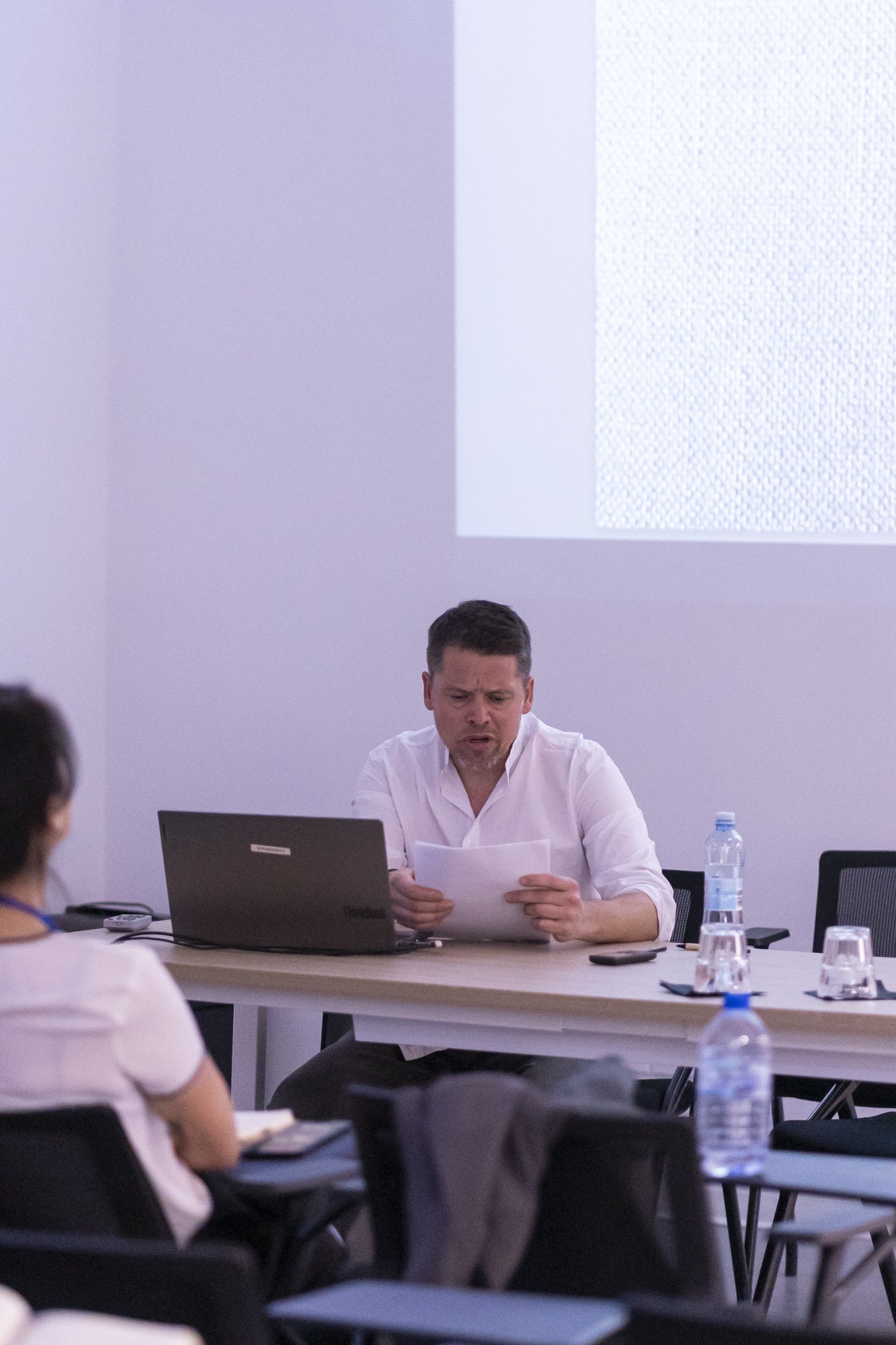
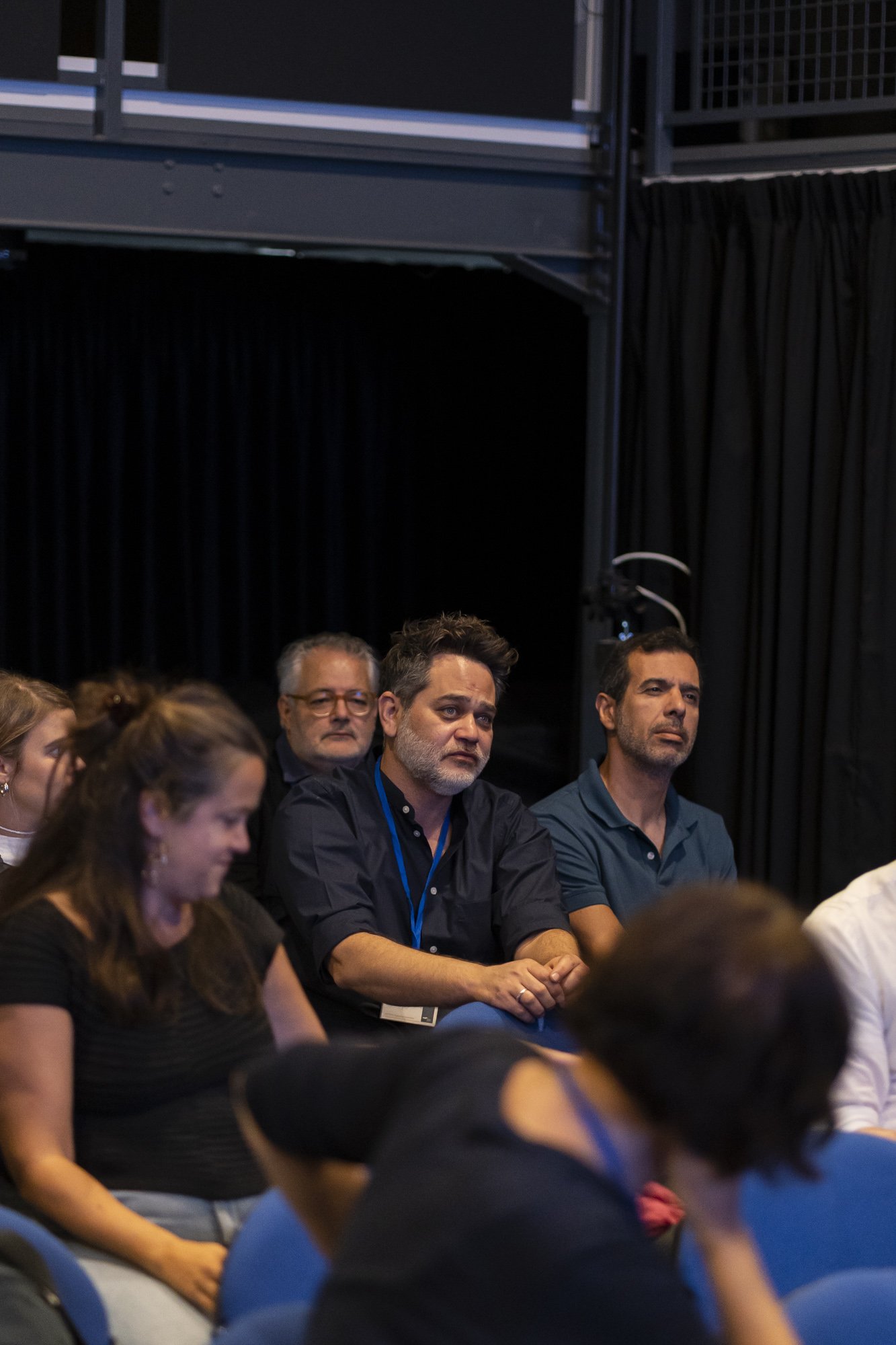
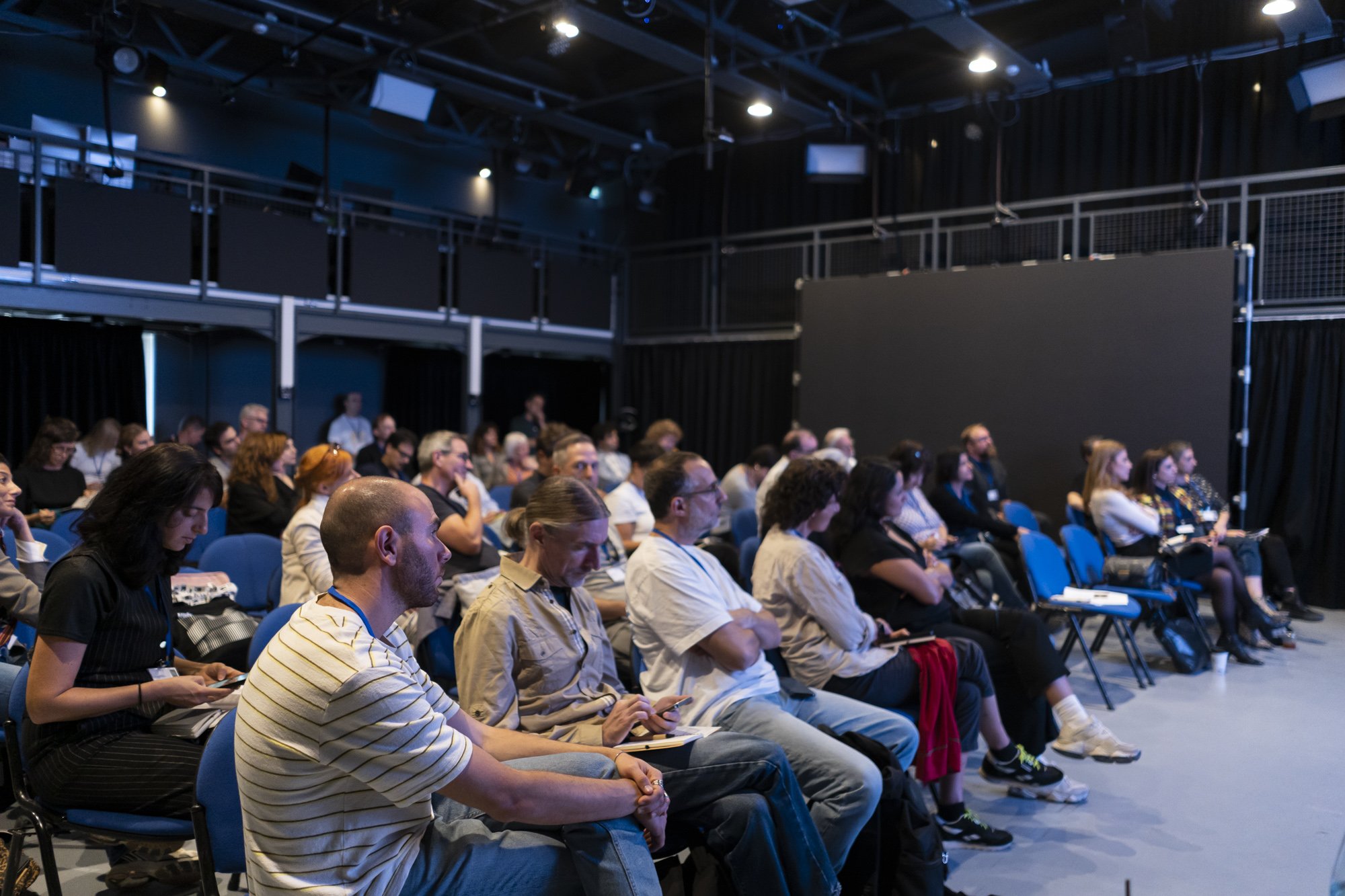
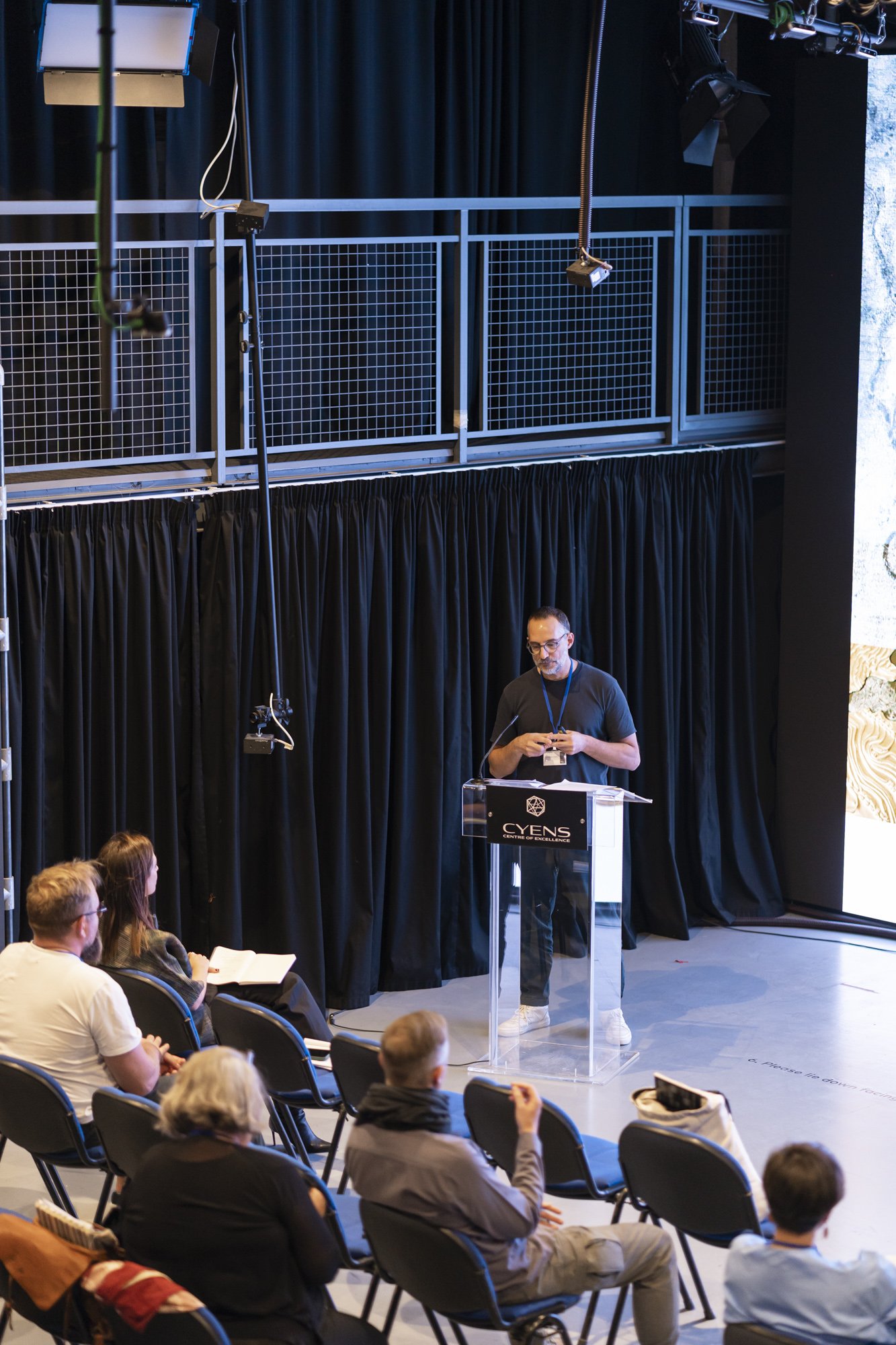
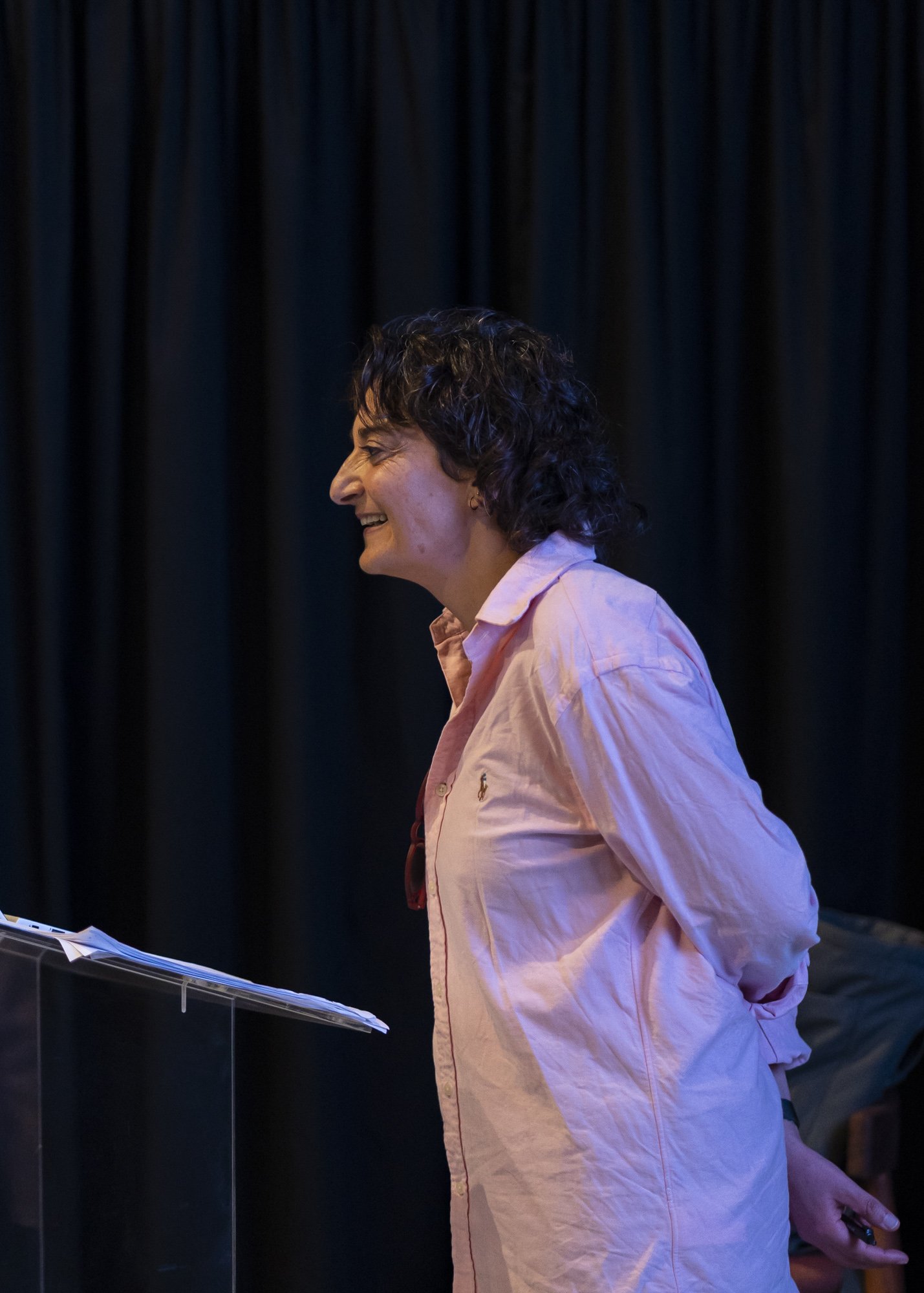
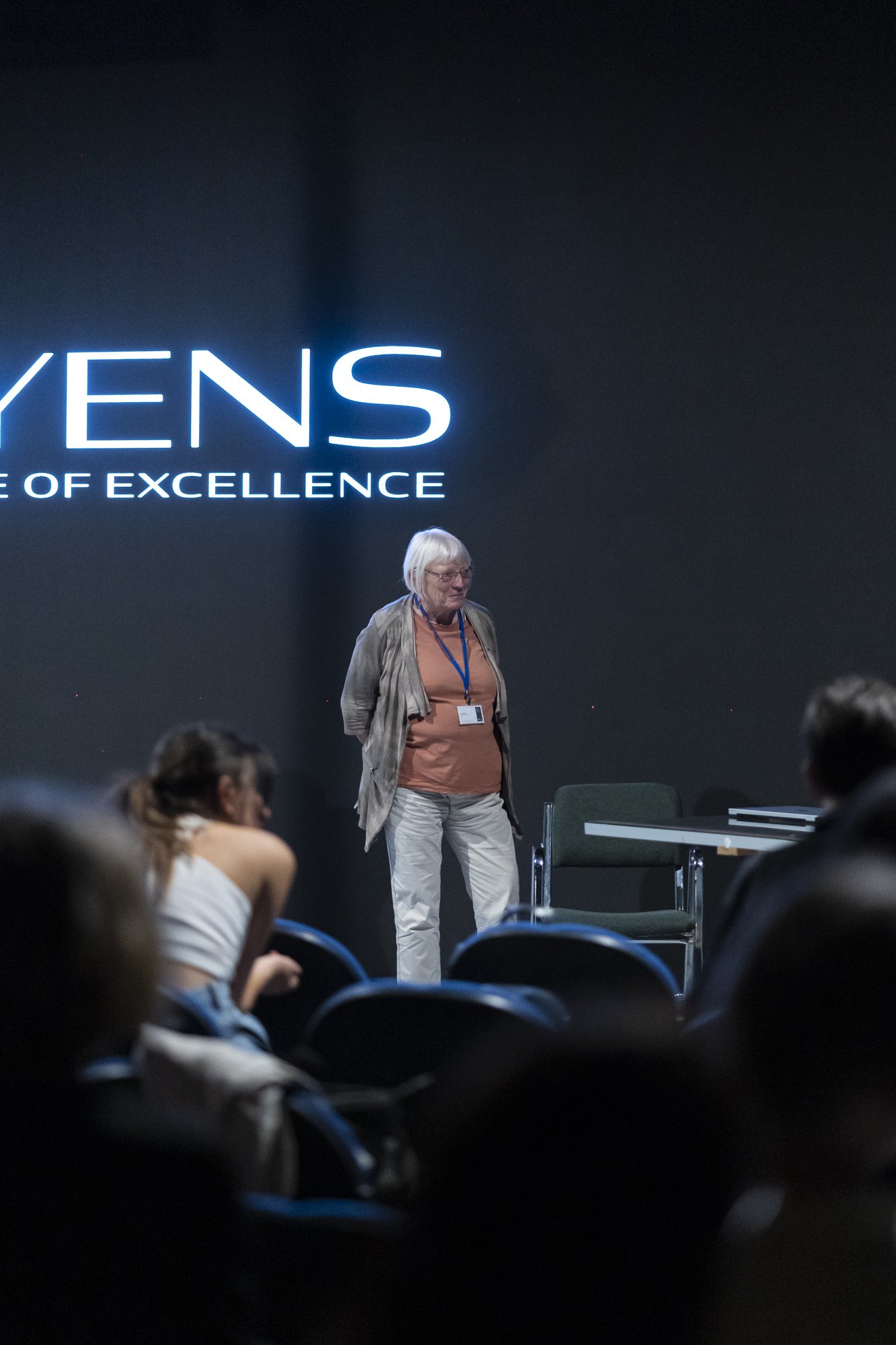
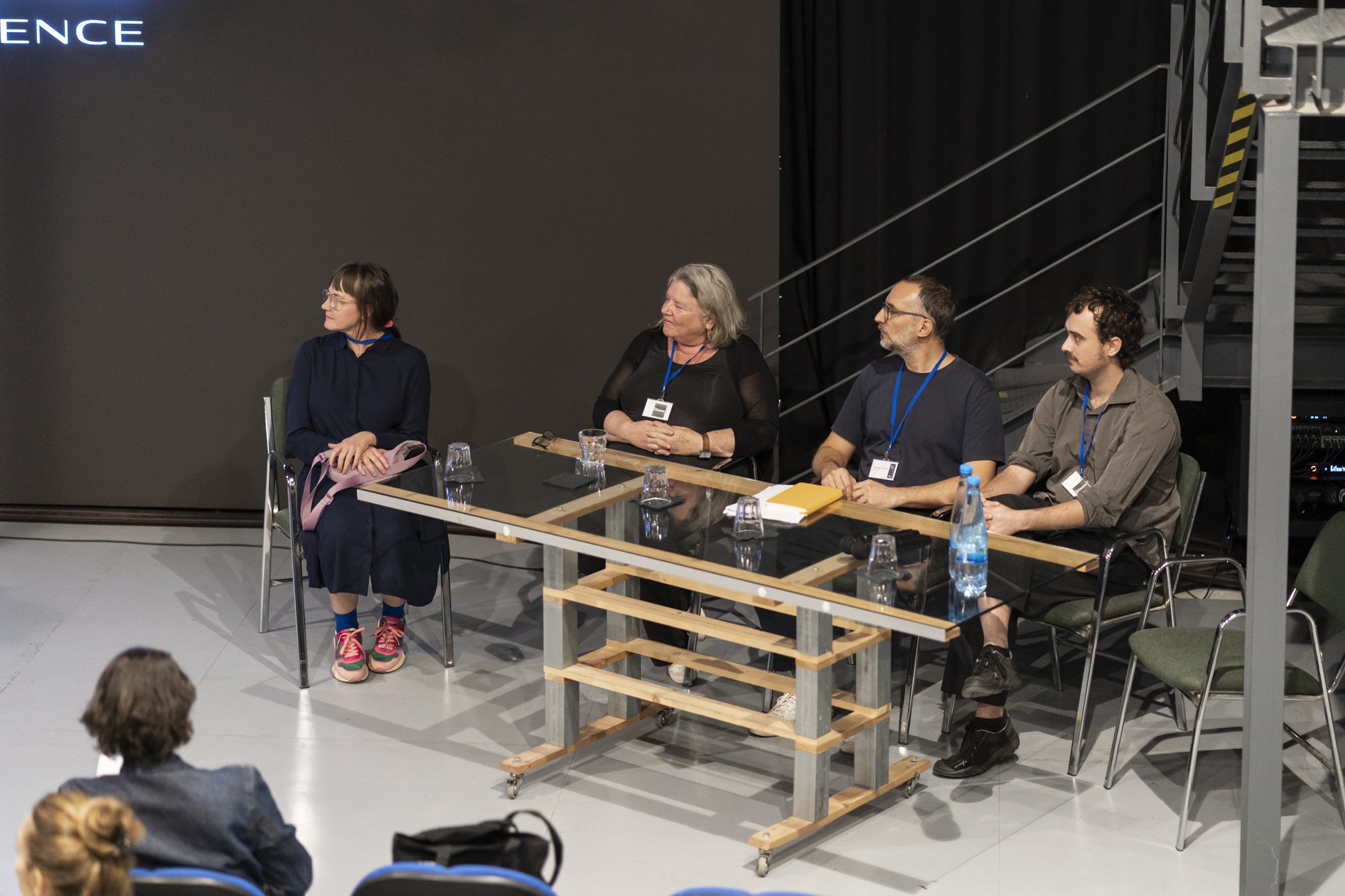
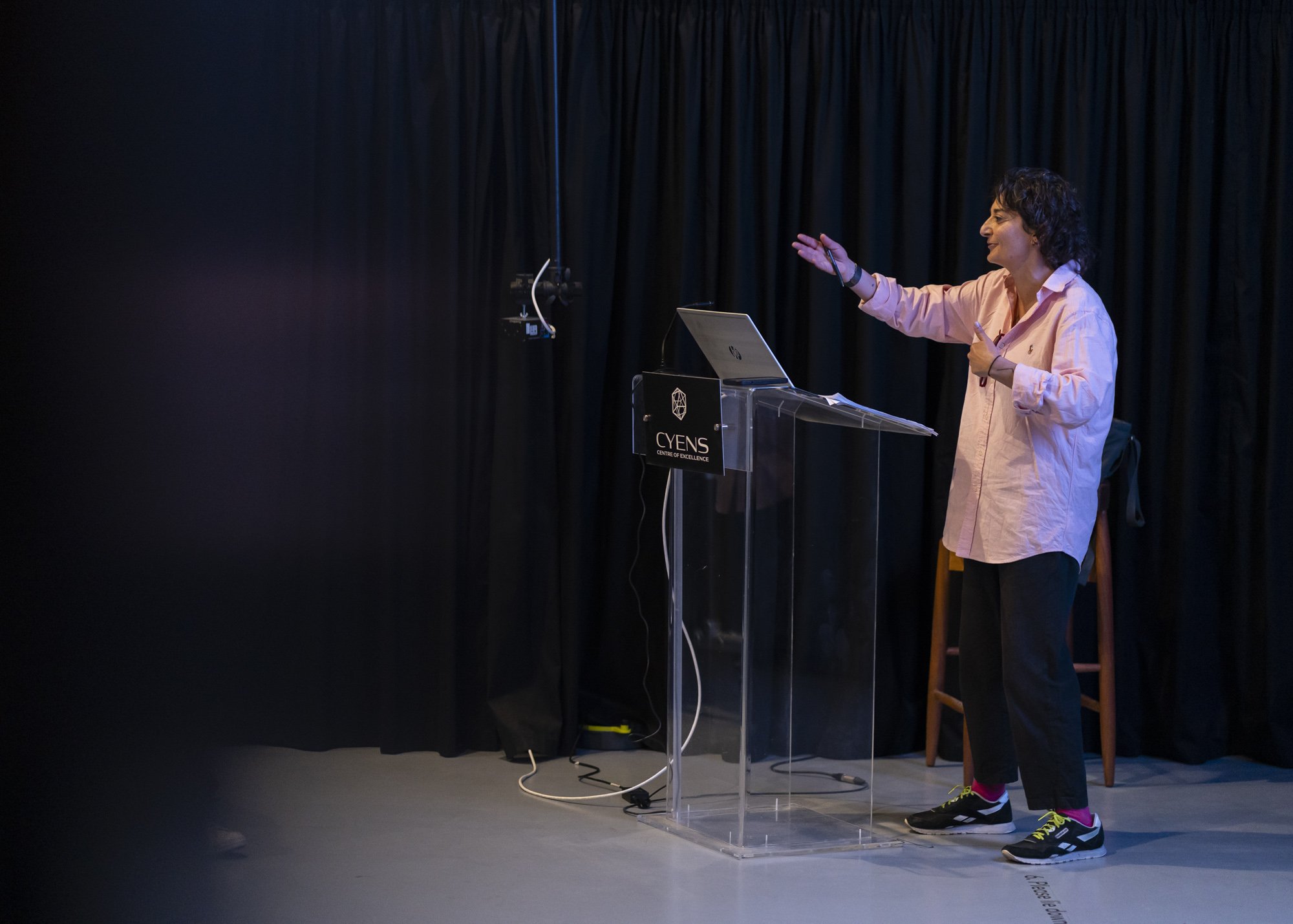
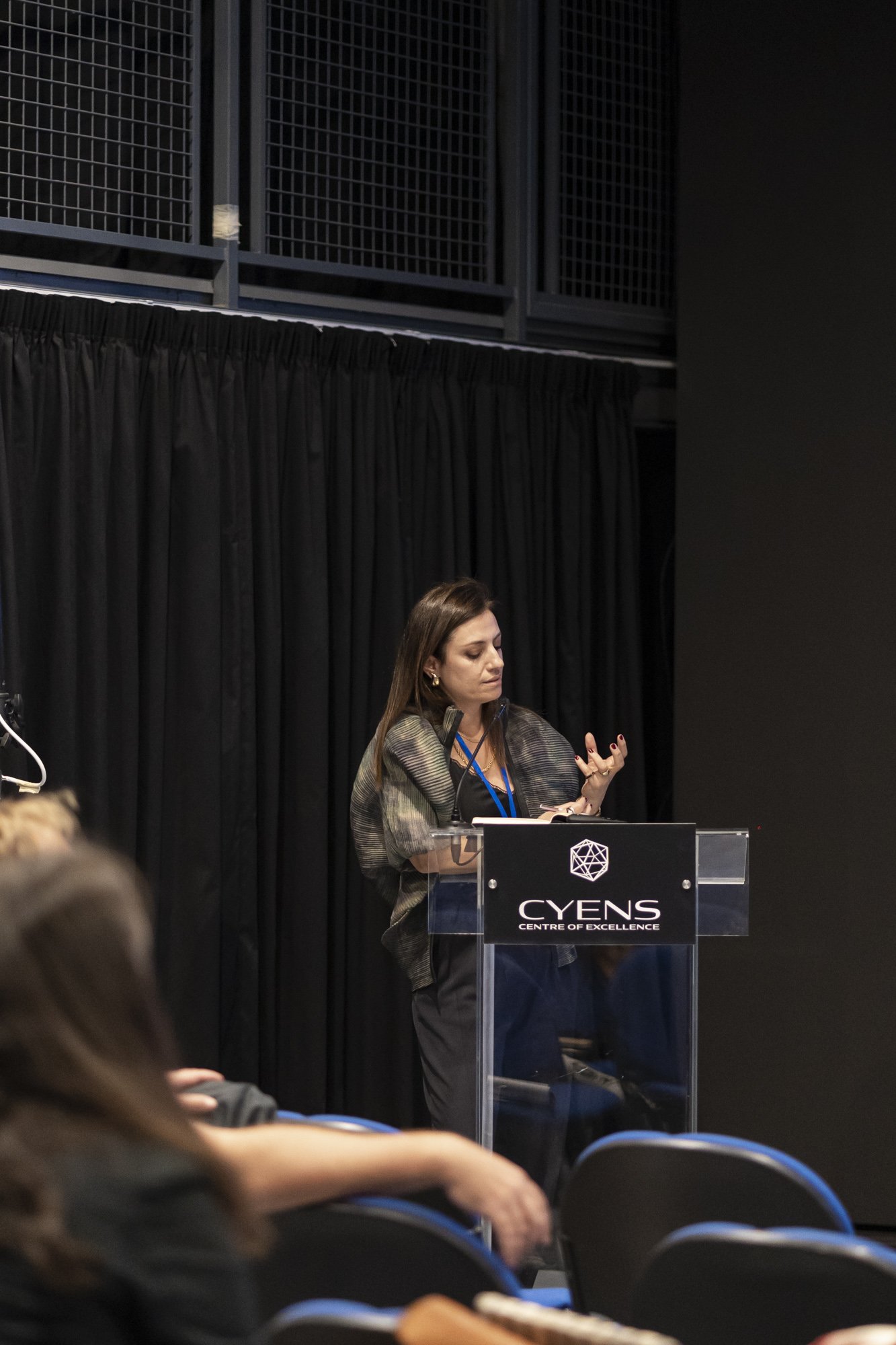
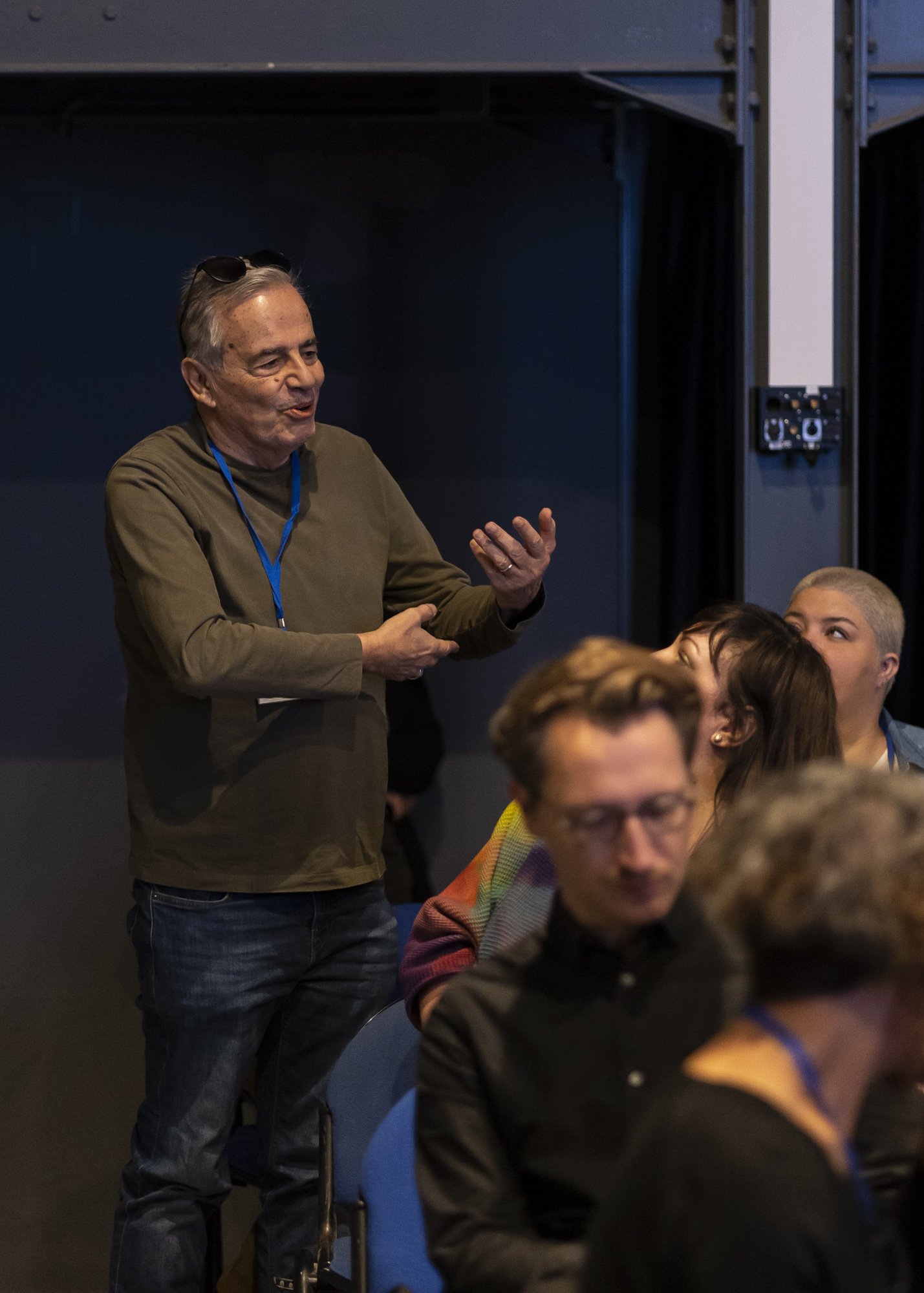
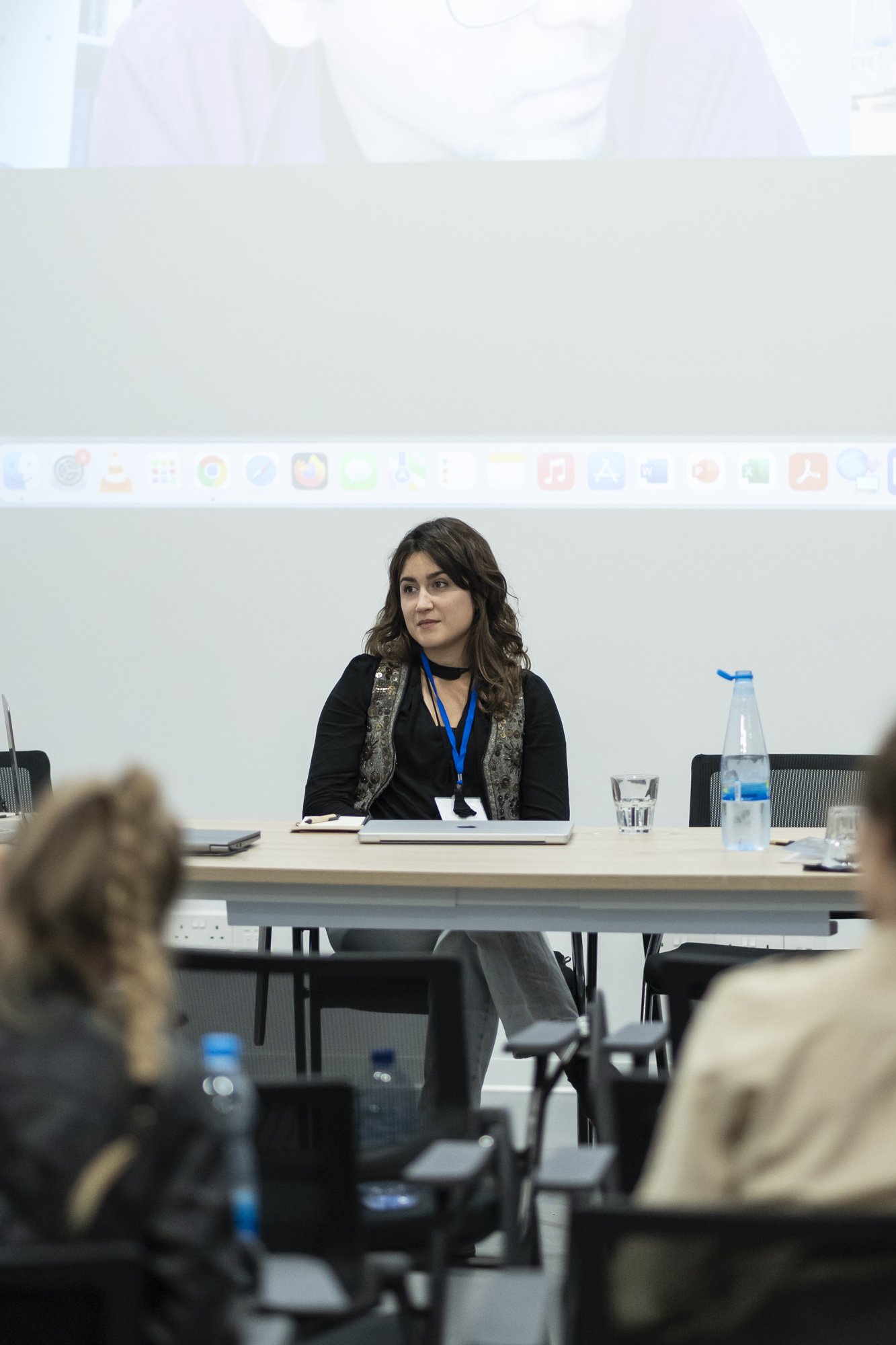
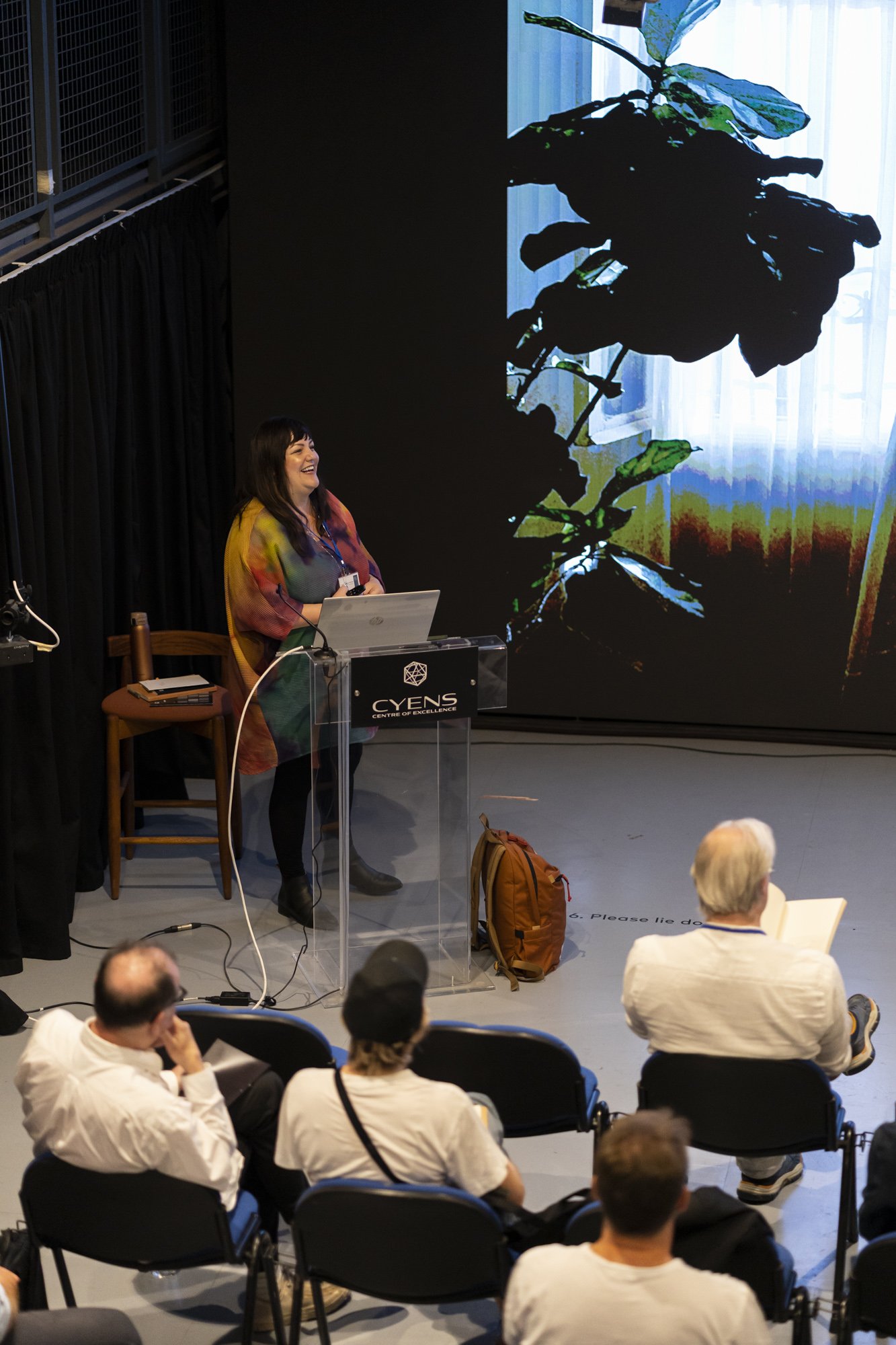
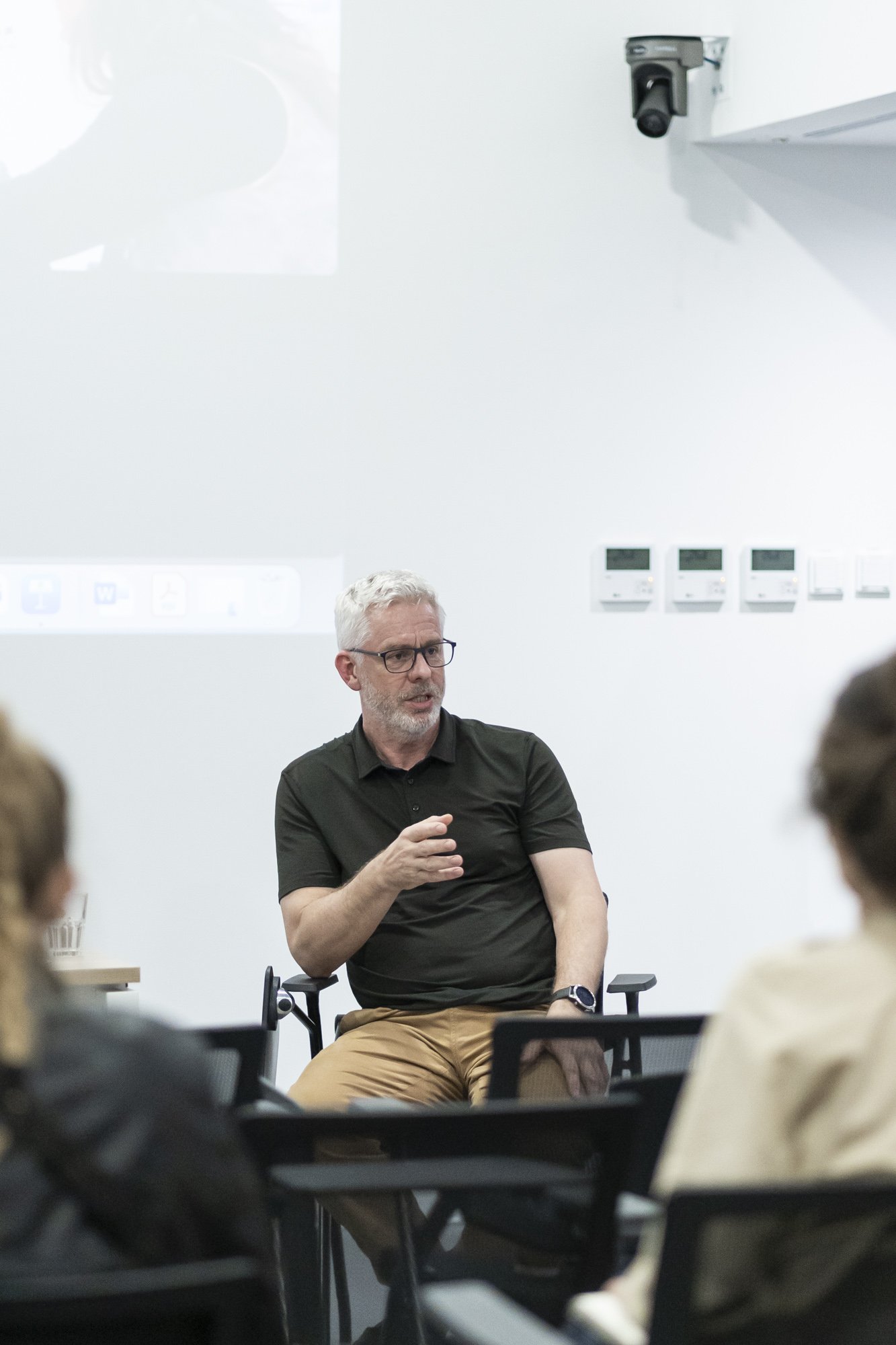
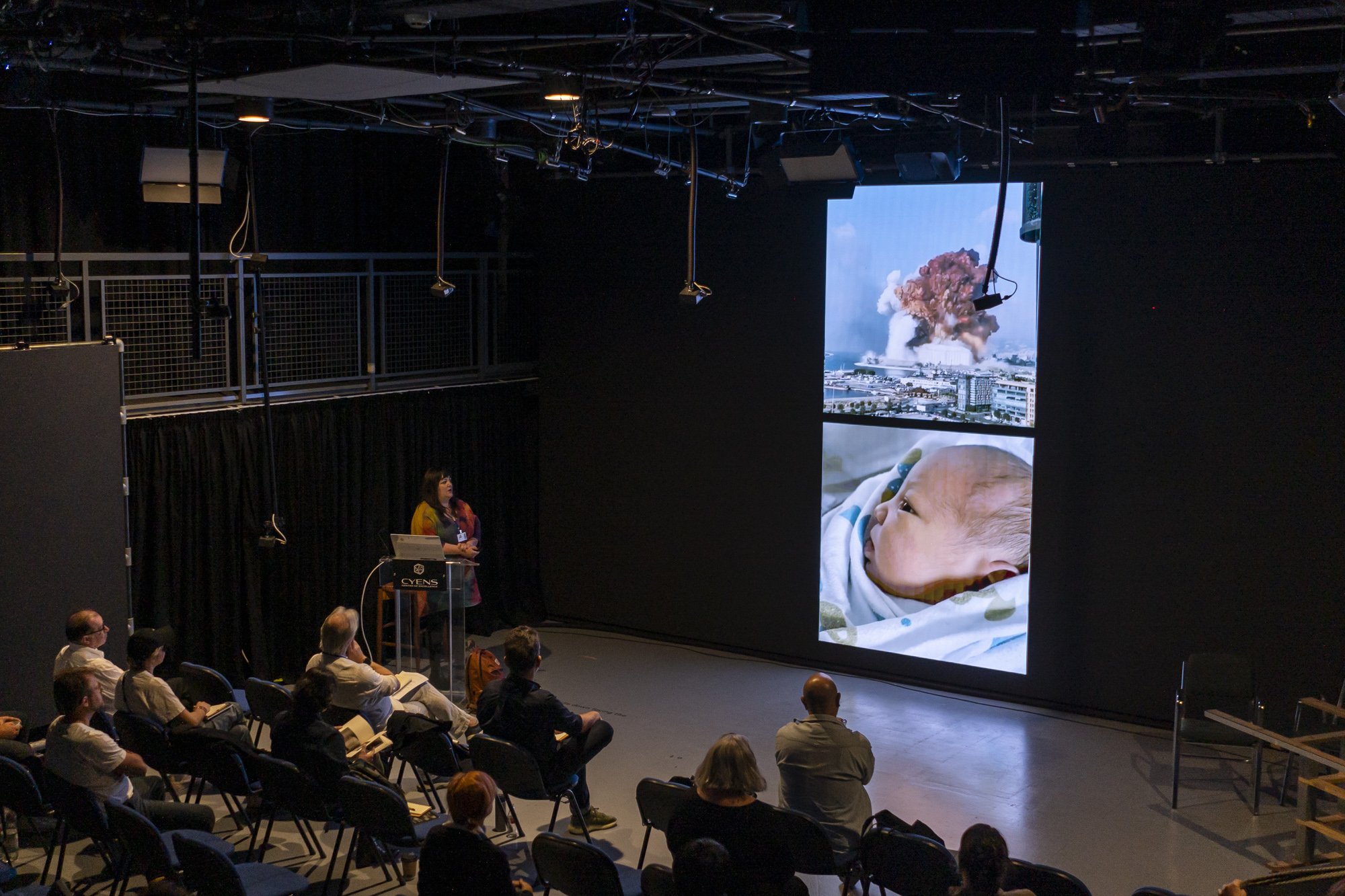
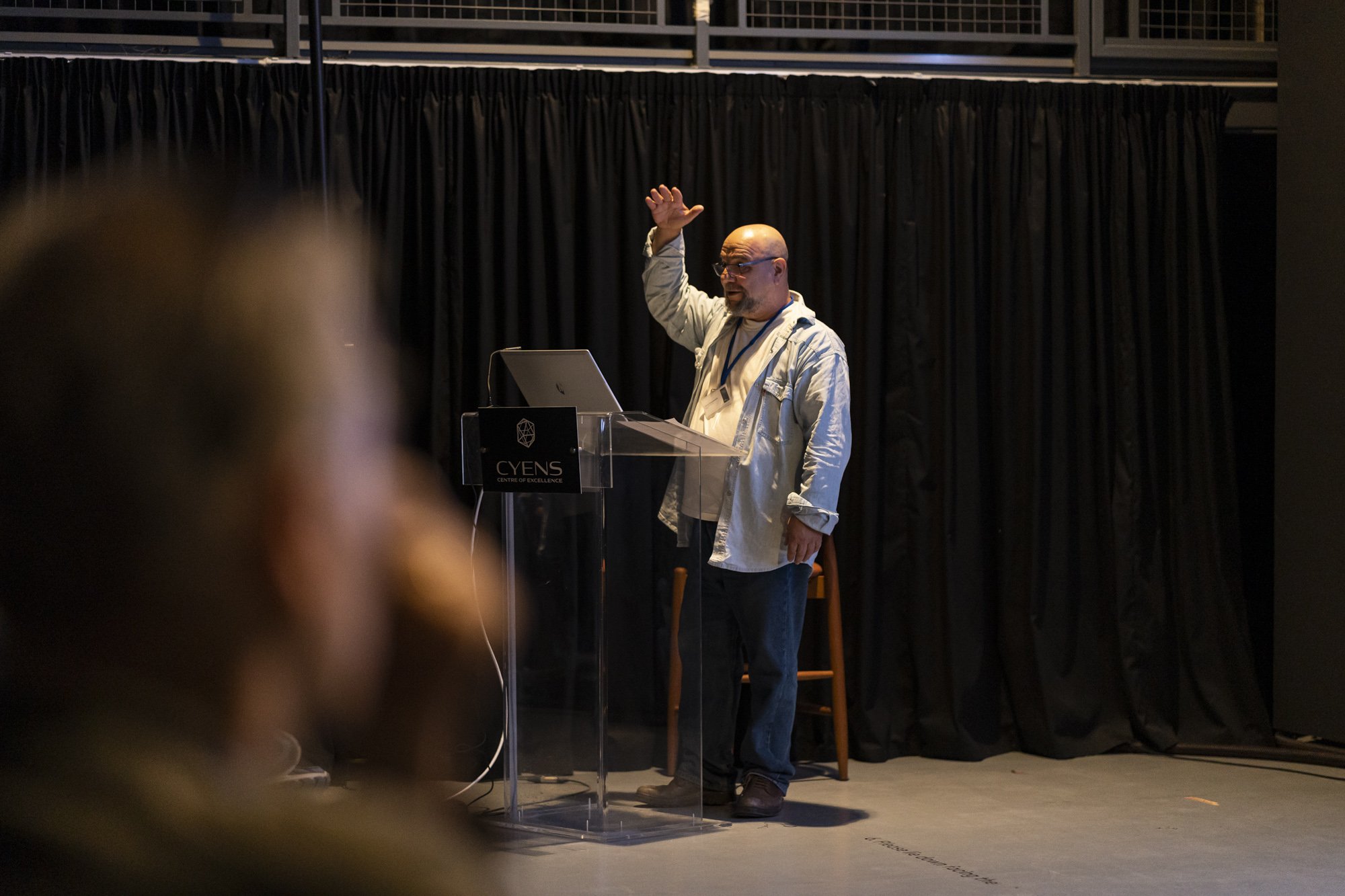
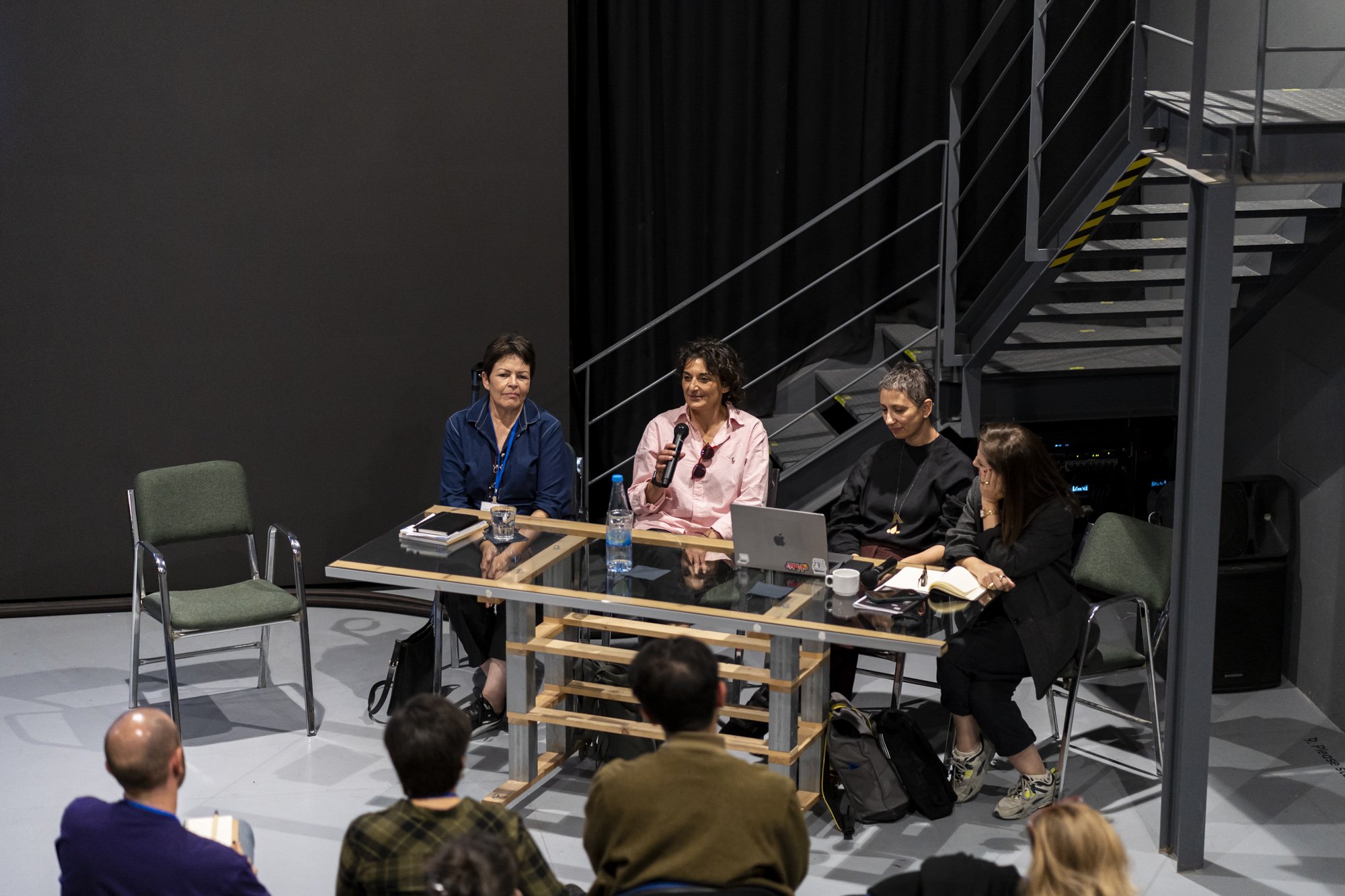
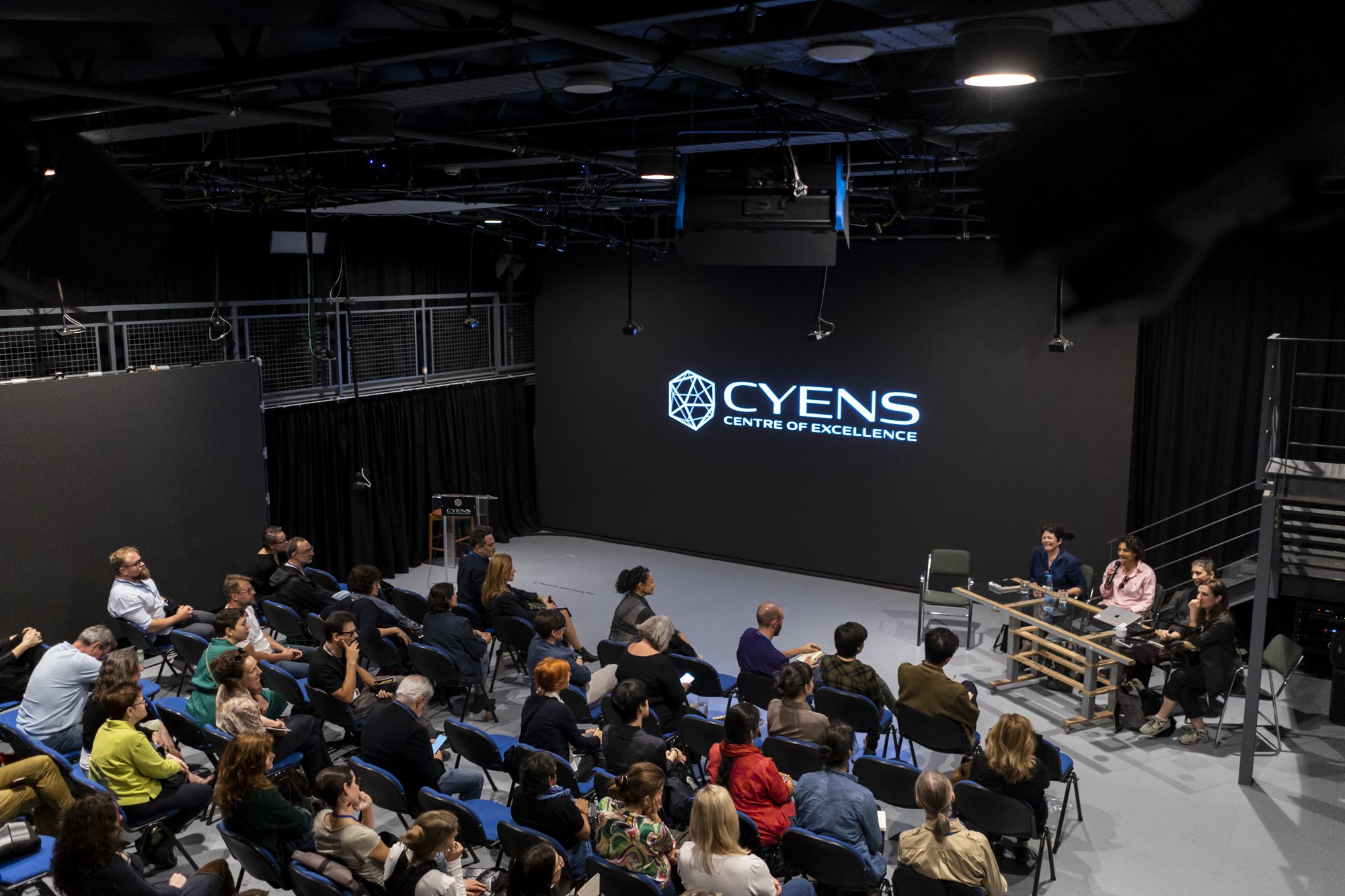
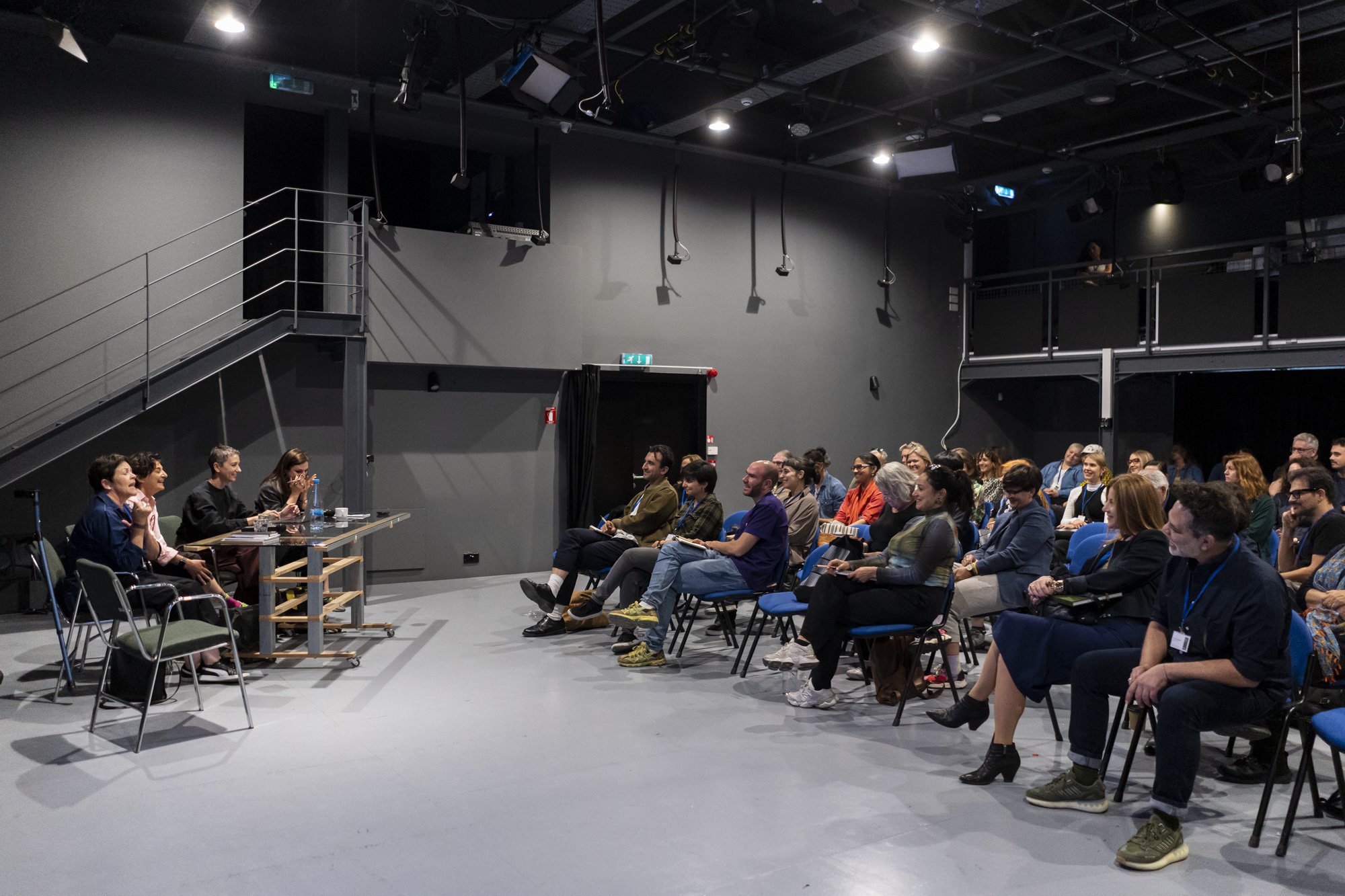
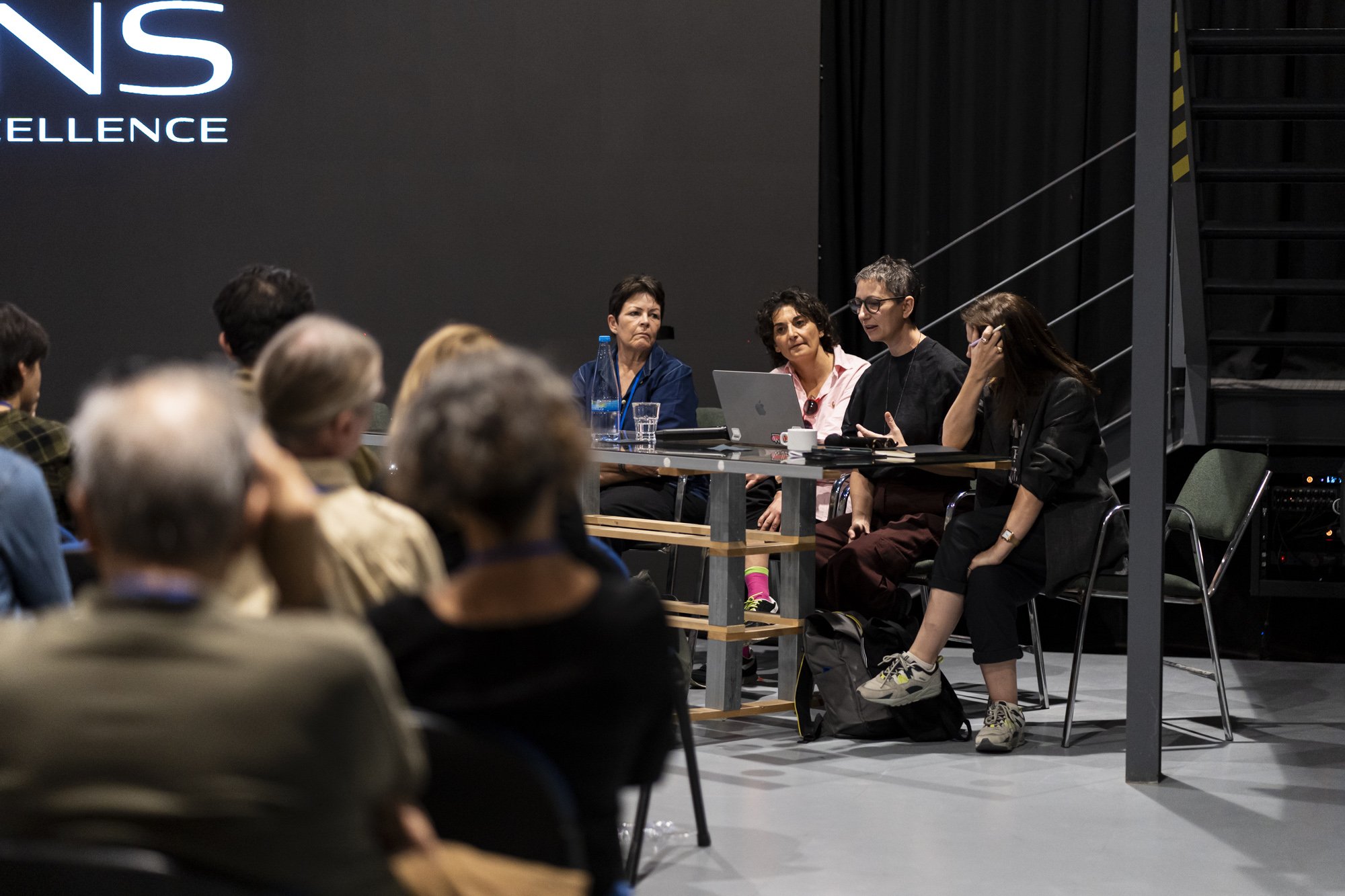
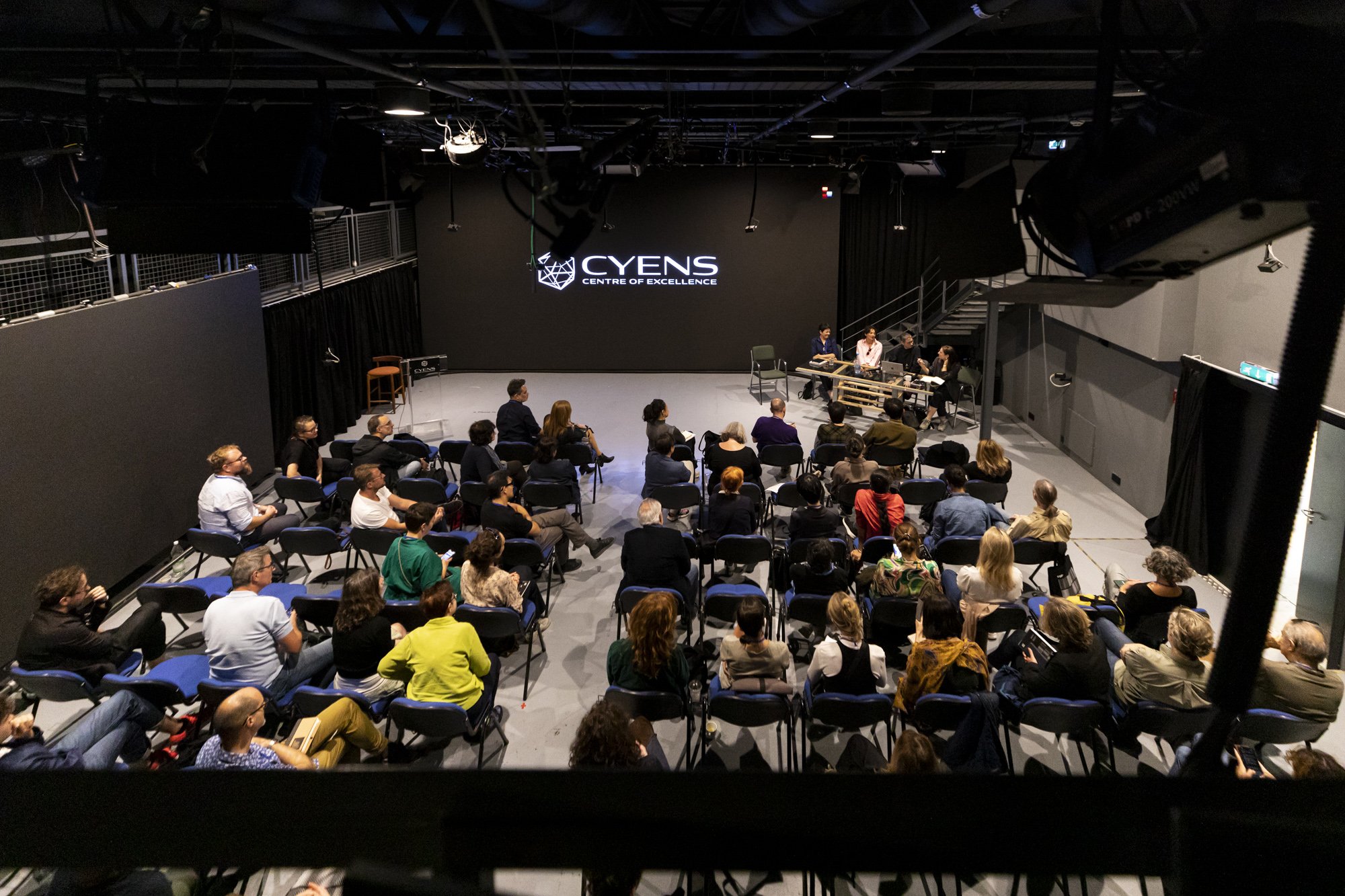
Photographs by Constantinos Constantinou
7th International Conference of Photography & Theory (ICPT2024)
DEATHSCAPES:
HISTORIES OF PHOTOGRAPHY AND
CONTEMPORARY PHOTOGRAPHIC PRACTICES
7-9 November, 2024
Cyprus
Chairs: Elena Stylianou & Theopisti Stylianou-Lambert
Photography has been associated with death since its inception. The invention of photography influenced dramatically how people remember and mourn the dead. The technological advances of photography have also influenced – and are still influencing – how war, conflict, accidents, and atrocities are being documented, circulated and received. Following the vast amount of images of wounded and dead bodies that are photographically documented and circulated through the media over the past few decades, questions relevant to the construction of landscapes of death emerge with great force and relevance.
The 7th International Conference of Photography and Theory (ICPT2024) wishes to directly engage with what seems to be a contemporary field of crises and conflict that affects us all and brings forward significant questions that not only are historically relevant and longstanding but seem to resurface today demanding further study and debate. The idea of ‘deathscape’ does not necessarily and merely reflect the representation of death in the photograph, nor is it limited to above mentioned landscapes of death. It also, and more importantly, aims to open the discussion to diverse perspectives and across varied disciplines - photography, art history, sociology, geography, anthropology, archaeology, film - to offer insights into varied cultural and social landscapes of mourning, remembrance, memorialization, as well as the shifting symbolic meanings inscribed in rituals, aesthetics, technologies, and places.
More specifically, the conference aims to cut across histories of photography and contemporary photographic practices and engage with:
a) debates about death, politics and aesthetics as well as issues relating to the ethical dilemmas of contemporary artistic practices dealing with photography amidst a landscape of violence, devastation, conflict, and memory/memorialization;
b) the spatio-temporal aspects of death expressed and mapped through the personal, the idiosyncratic and the everyday, or as part of collective and public performances; and
c) representations, circulation and production of death, especially in relation to social media and emerging technologies.
Suggested Themes
Photographic Alternative deathscapes
Forensic images of accidents, crimes, and/or suicides
Environmental trauma and ecological destruction
Aerial photographs of destruction
Informal deathscapes through texts and images
Personal / informal counter archives of grief
Festivals, celebrations, and social gatherings as alternative ways of remembering
Death cafes and the death positivity movement
Photography of absence
Computer vision, AI and necropolitics
Material culture and practices of mourning and remembering
Photographic practices and mourning
Contemporary photography and funerals
Postmortem photography
Rituals, spirituality and practices of memorialization
Vernacular mourning and collective embodied practices
Remains and the archaeology of dying
Still life photography / memento mori
Bereavement photography
Digital legacies
Mediated deathscapes
Social media and grief, selfies
Commercialization and mass media circulation of death
Mediated sensations and visibility of death in media
Fake news, fake death, deep fakes
Celebrity deaths, assassinations and suicides
Images of war, resistance and protesting
Blogs, podcast, and contemporary memento mori
Memorial Landscapes and Photography
Public parks, gardens, and cemeteries
Heroes, shrines and monuments
Counter-monuments and identities
Persistence of images in memorial landscapes
Ungrievability and exclusions in formal deathscapes
Participatory memory practices in museums
Funeral parlors and rituals
Absences, silencing, invisible traces
We invite proposals for 20-minute presentations from various disciplines, such as: photography, art history and theory, visual sociology, anthropology, geography, museology, philosophy, ethnography, education, cultural studies, visual and media studies, communications, and fine and graphic arts.
To propose a paper, please submit a 450-word abstract (including references) through our online submission system, no later than June 10th 2024.
To access our submission system please follow this link:
https://easychair.org/conferences/?conf=icpt2024[1]
Submitted proposals will go through a blind peer-reviewing and authors will be notified of the acceptance of their proposals by June 30, 2024. For more information and conference updates, please visit the website of the International Association of Photography and Theory: www.photographyandtheory.com
Questions may be sent to: info@photographyandtheory.com
Important Dates:
Extended Deadline for submission: June 10 2024
Notification of authors: June 30, 2024
Deadline for early registration: August 1, 2024
Deadline for late registration: October 20, 2024
Conference: November 7-9, 2024
